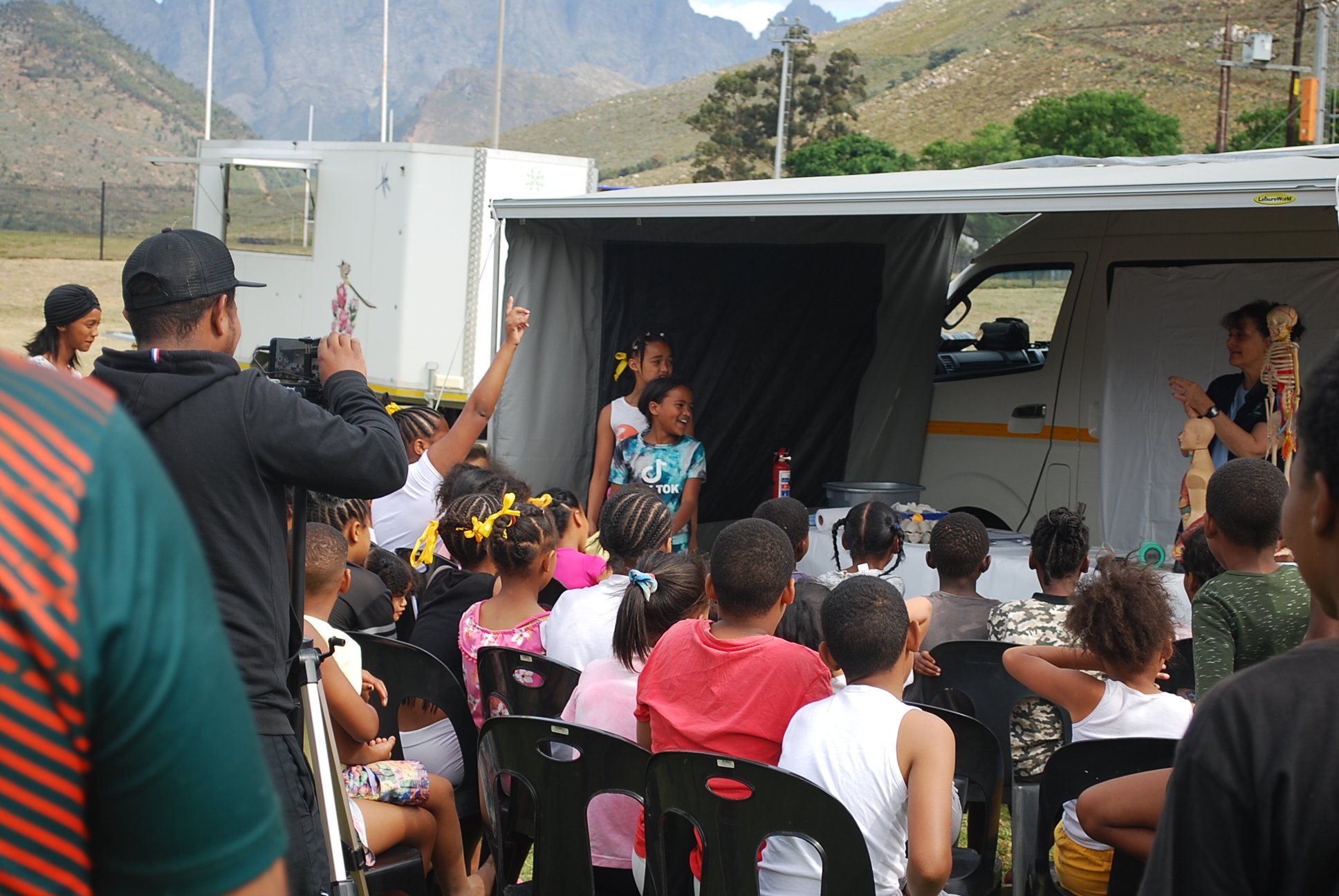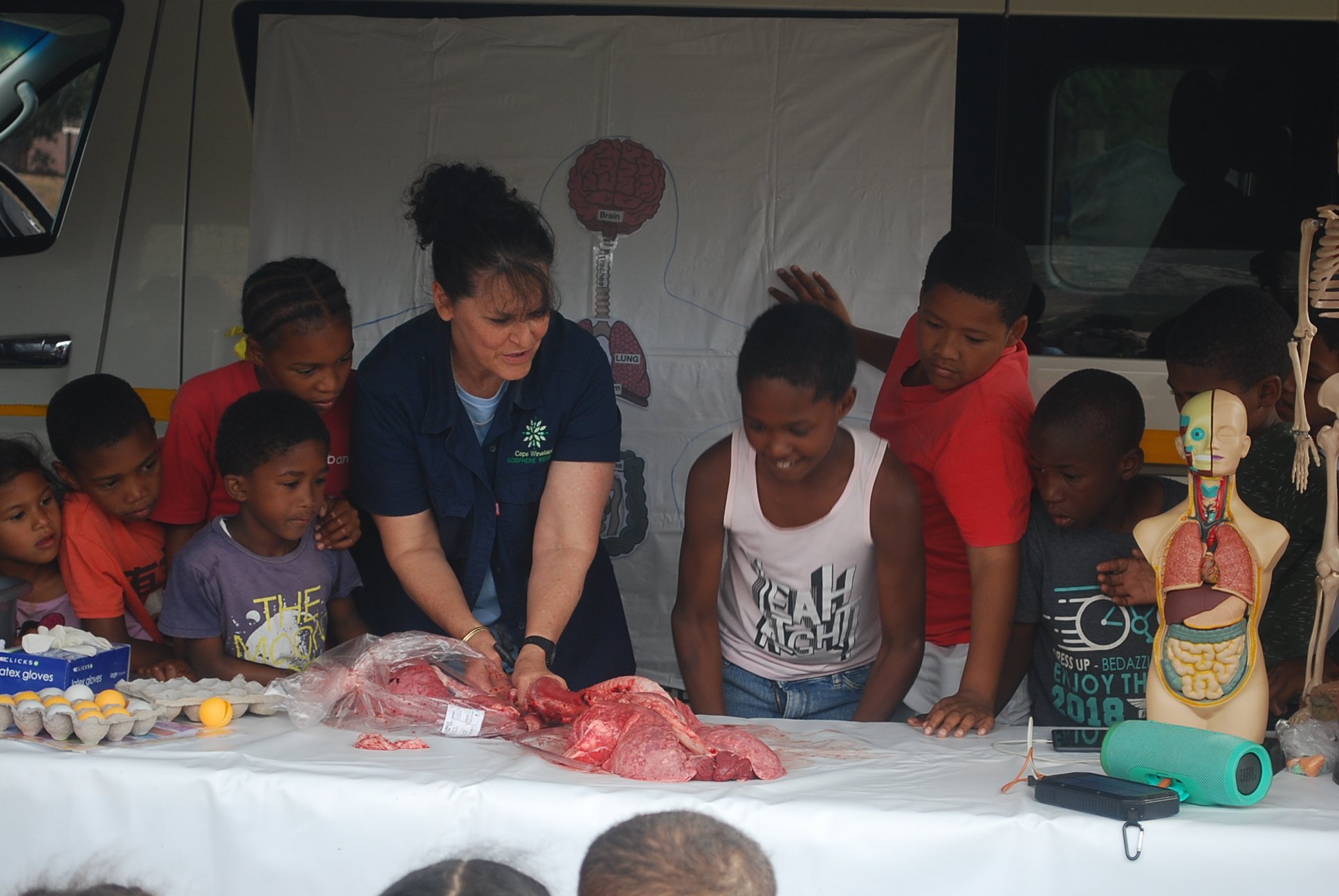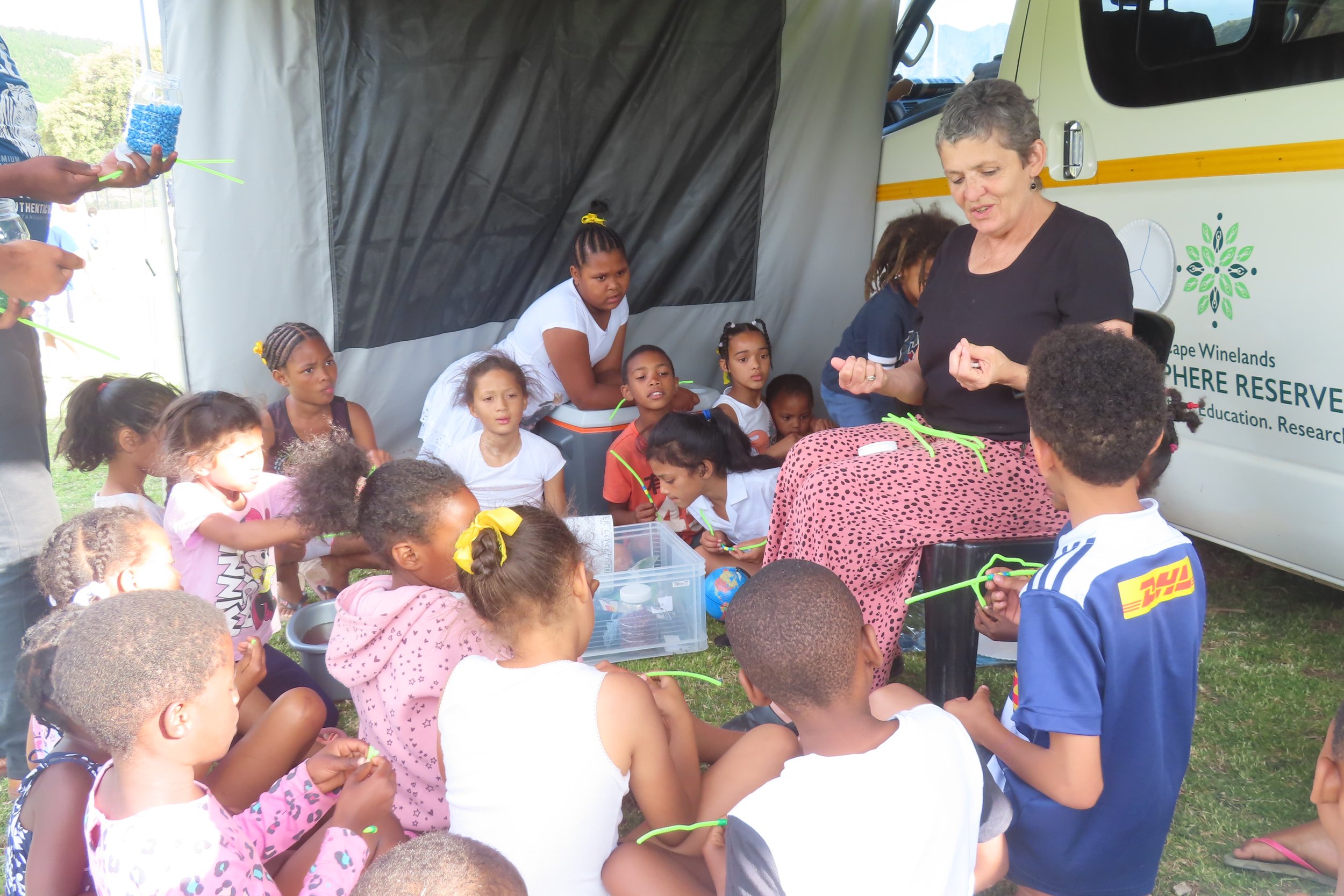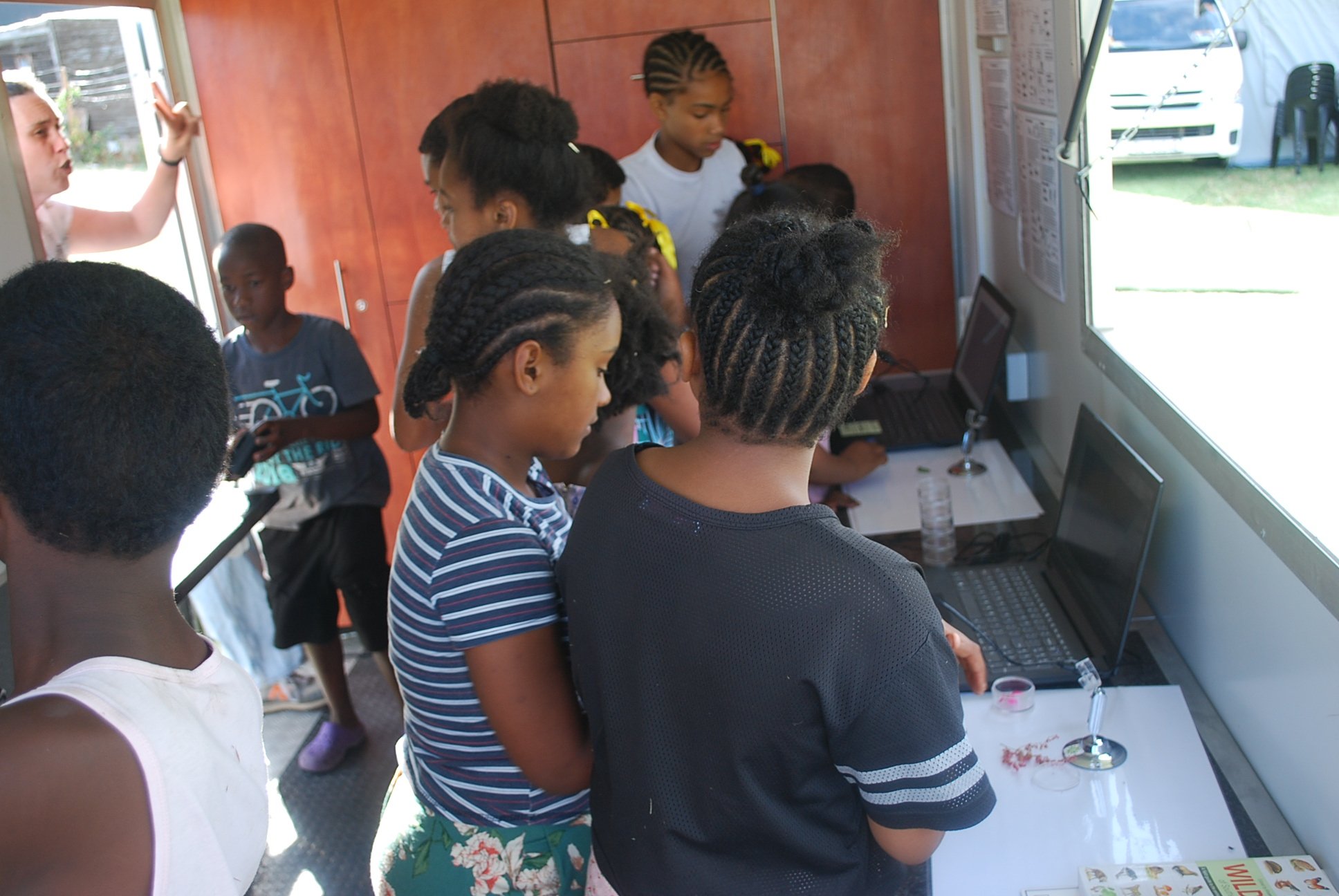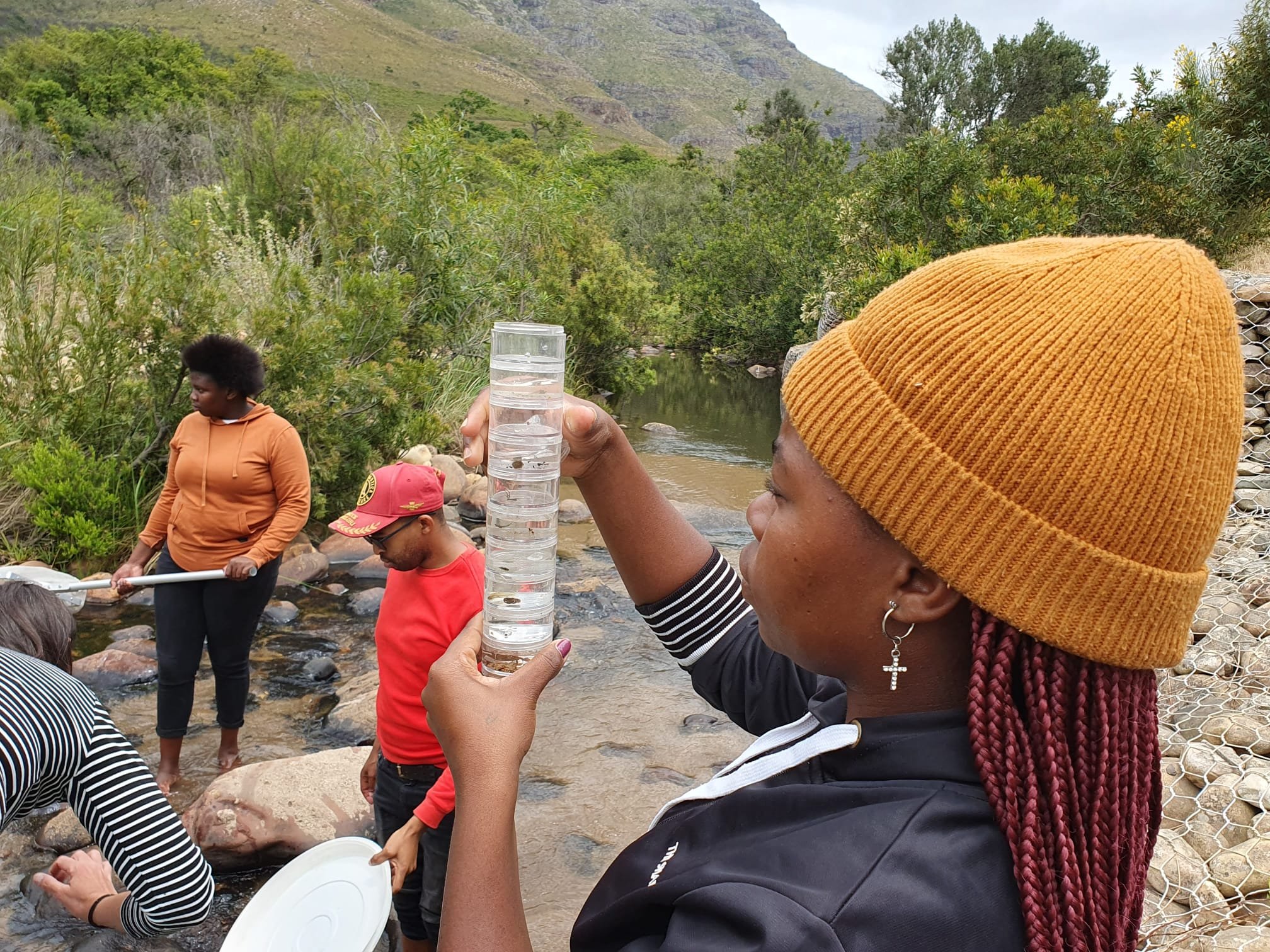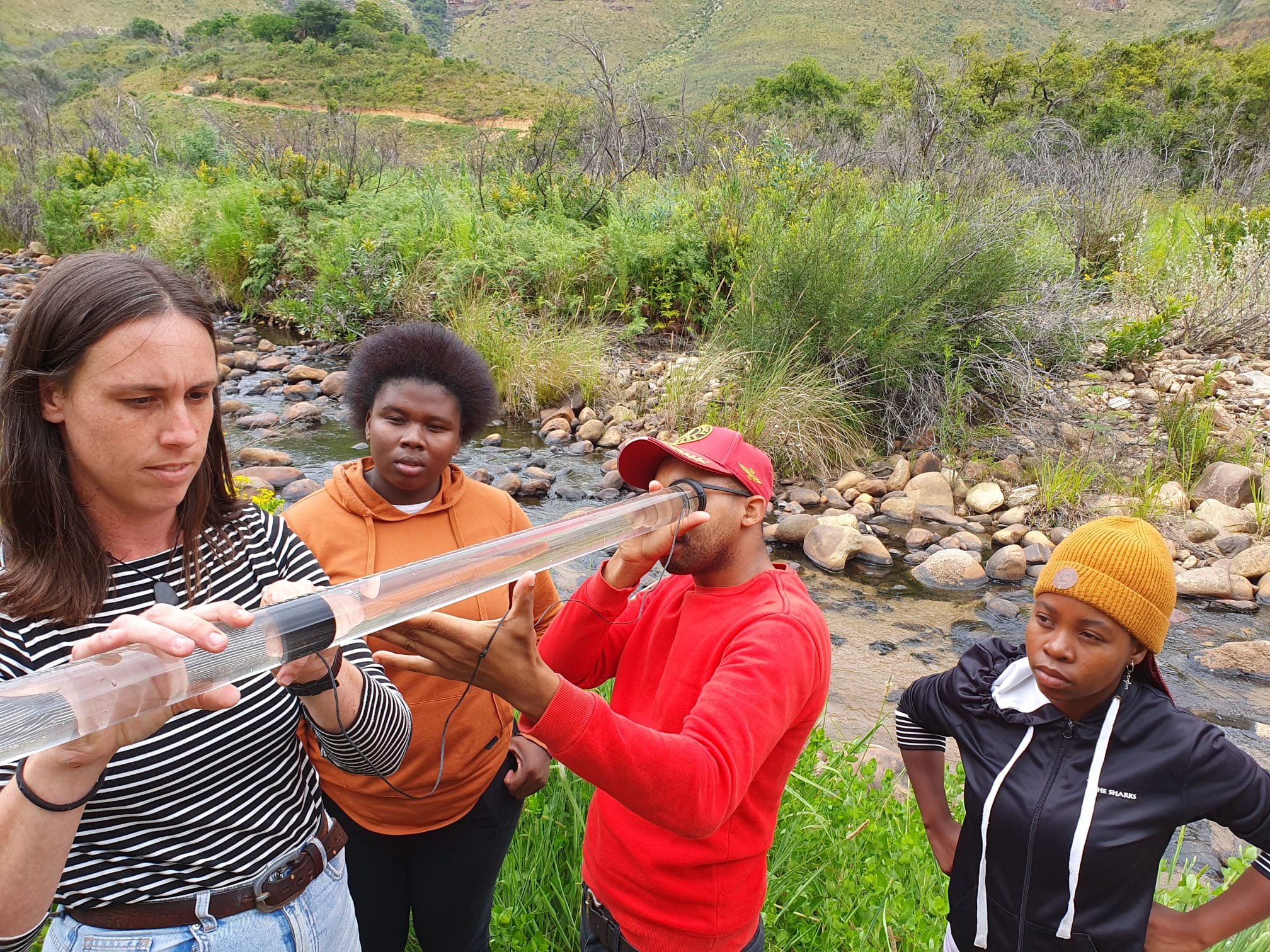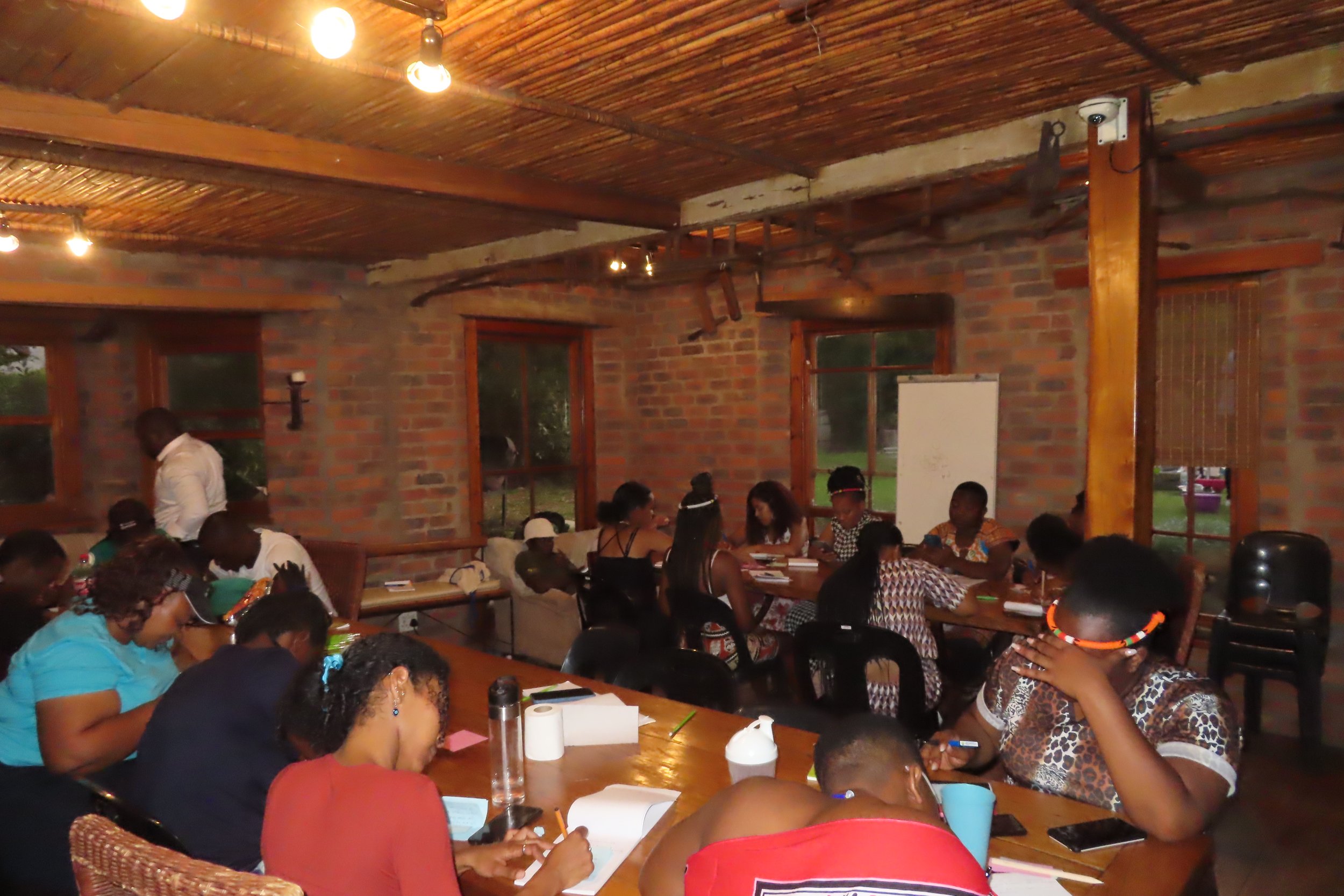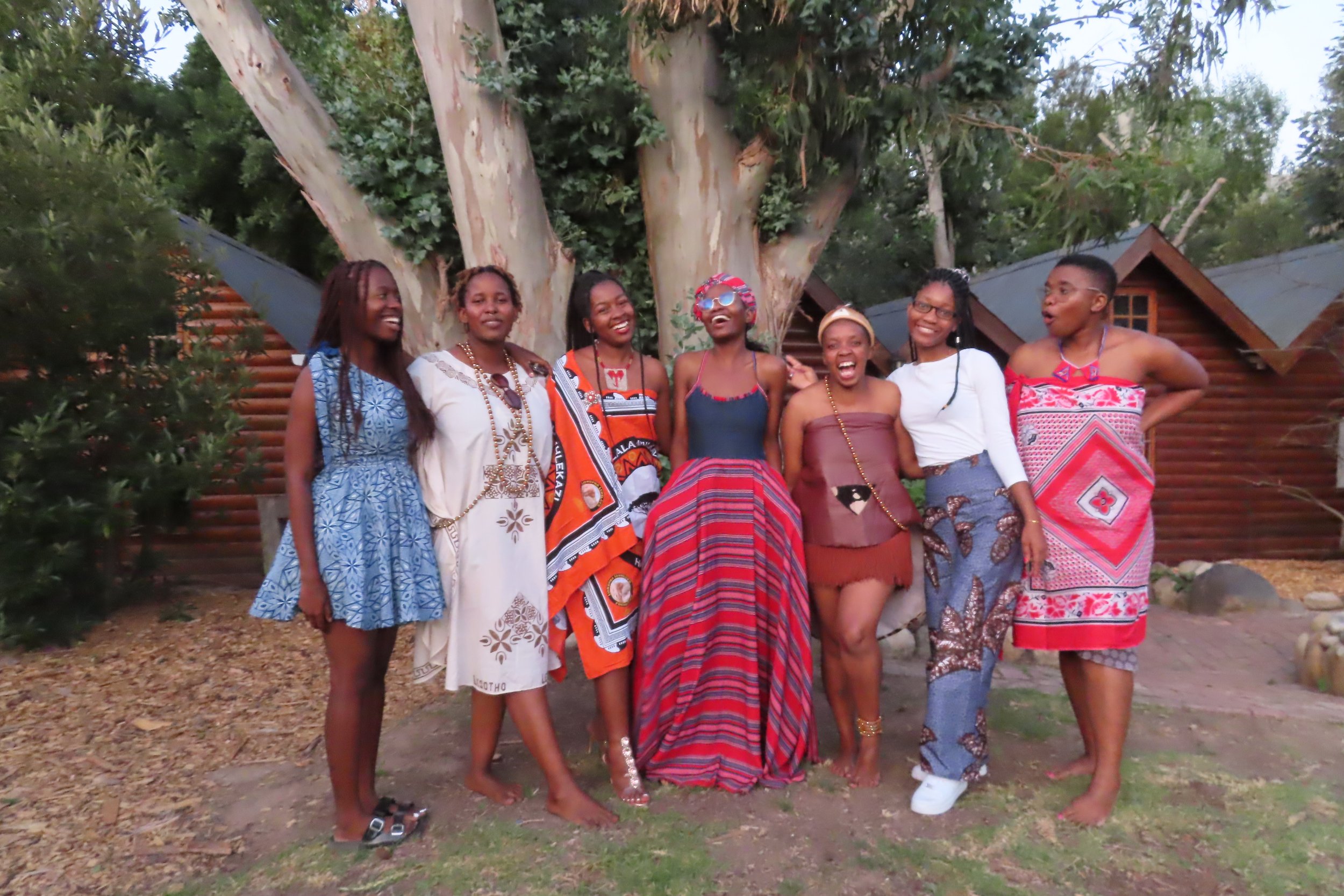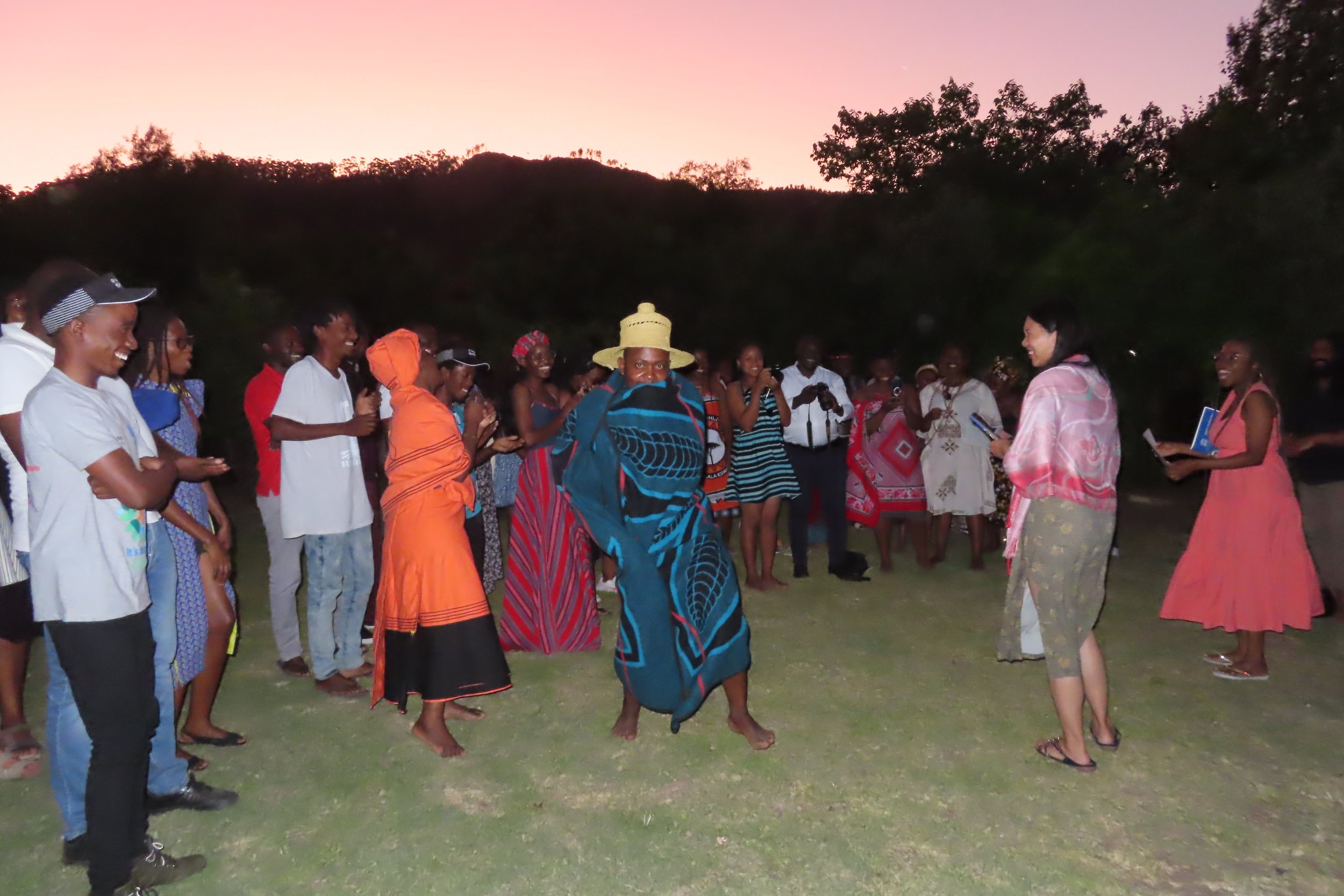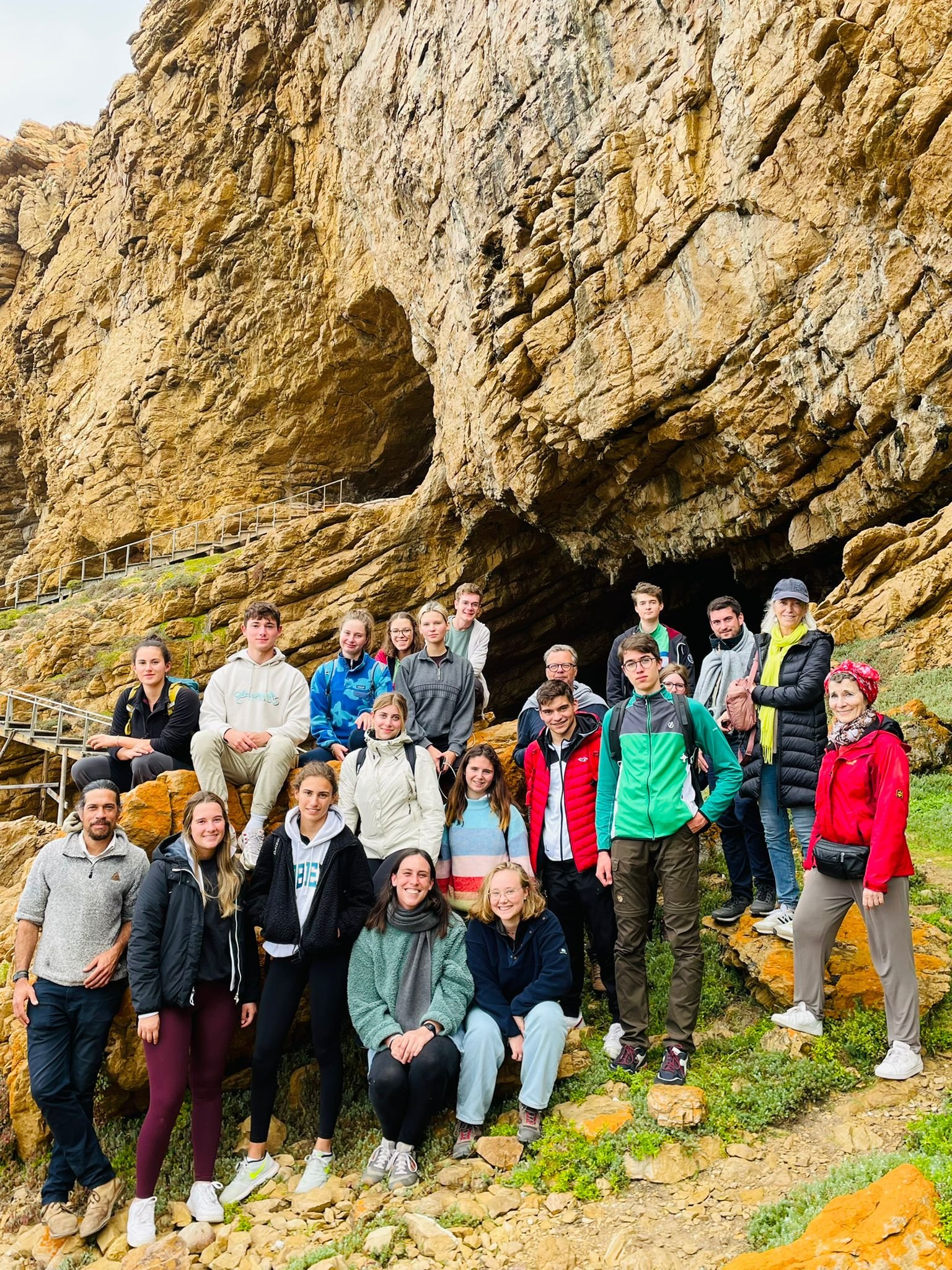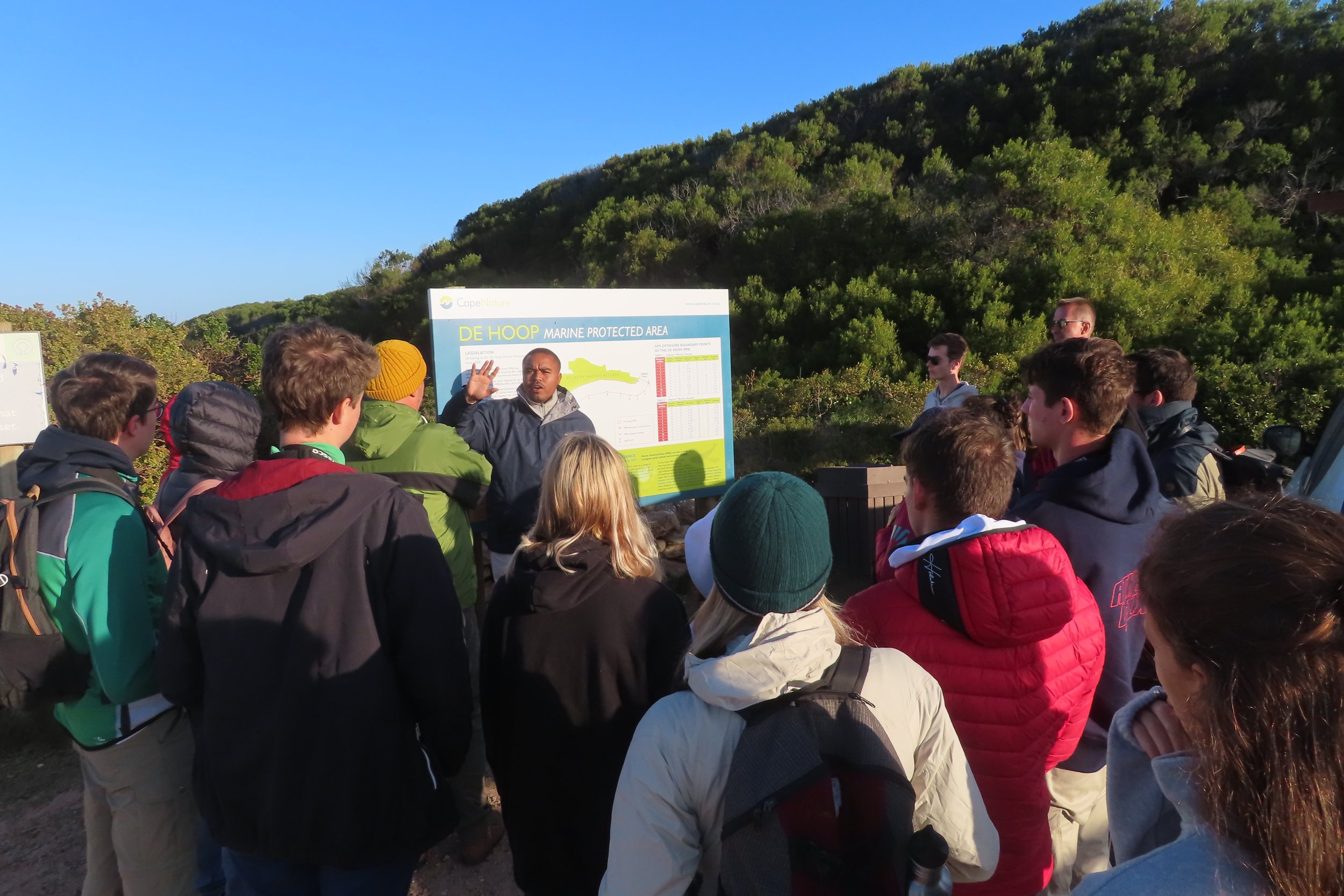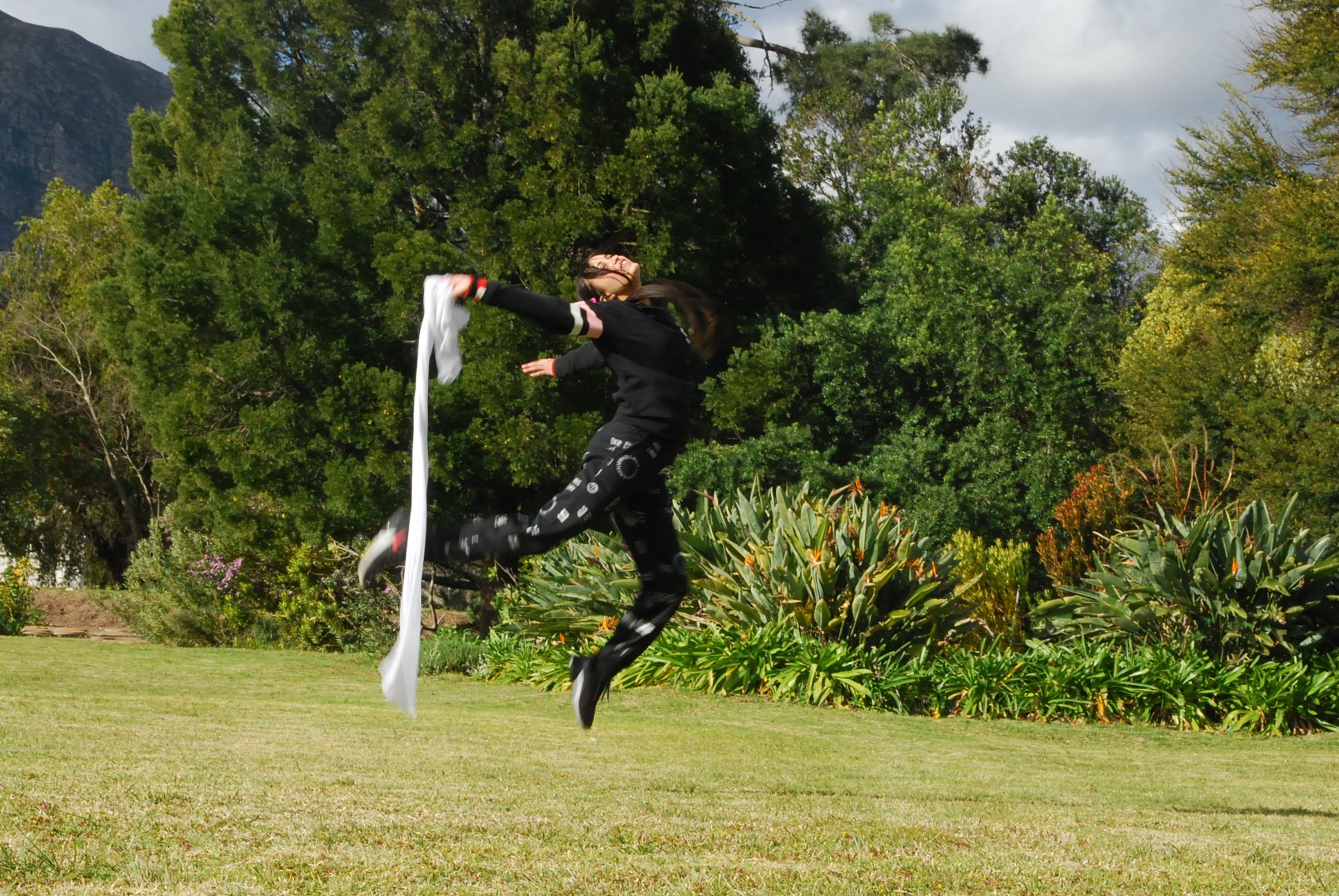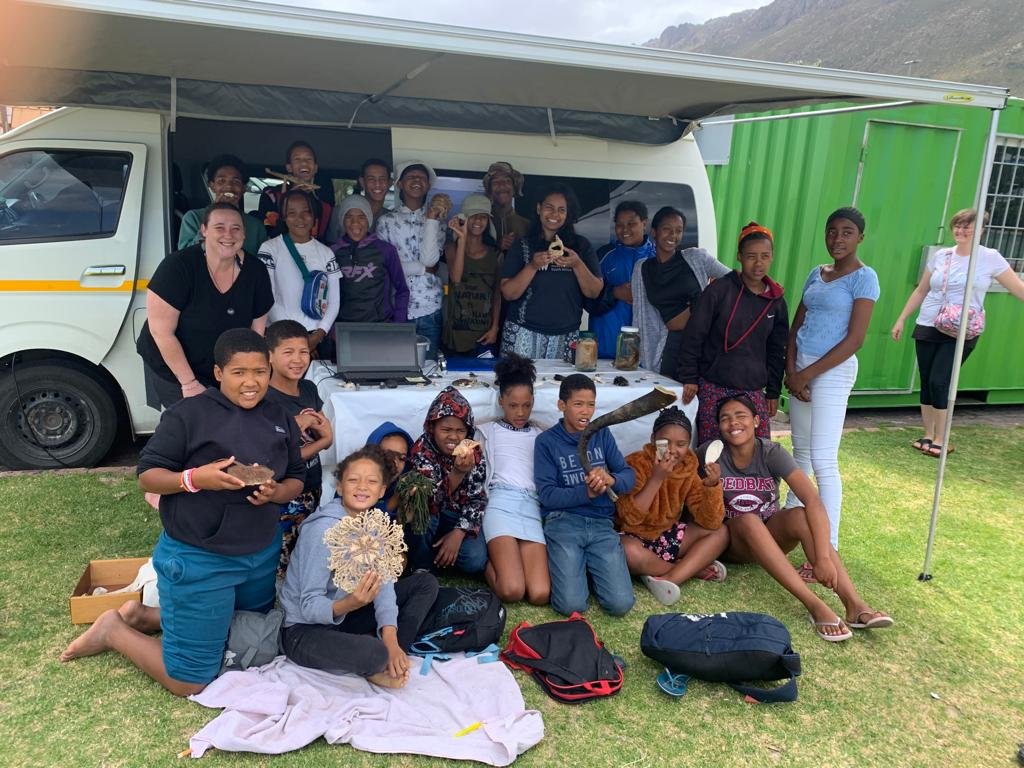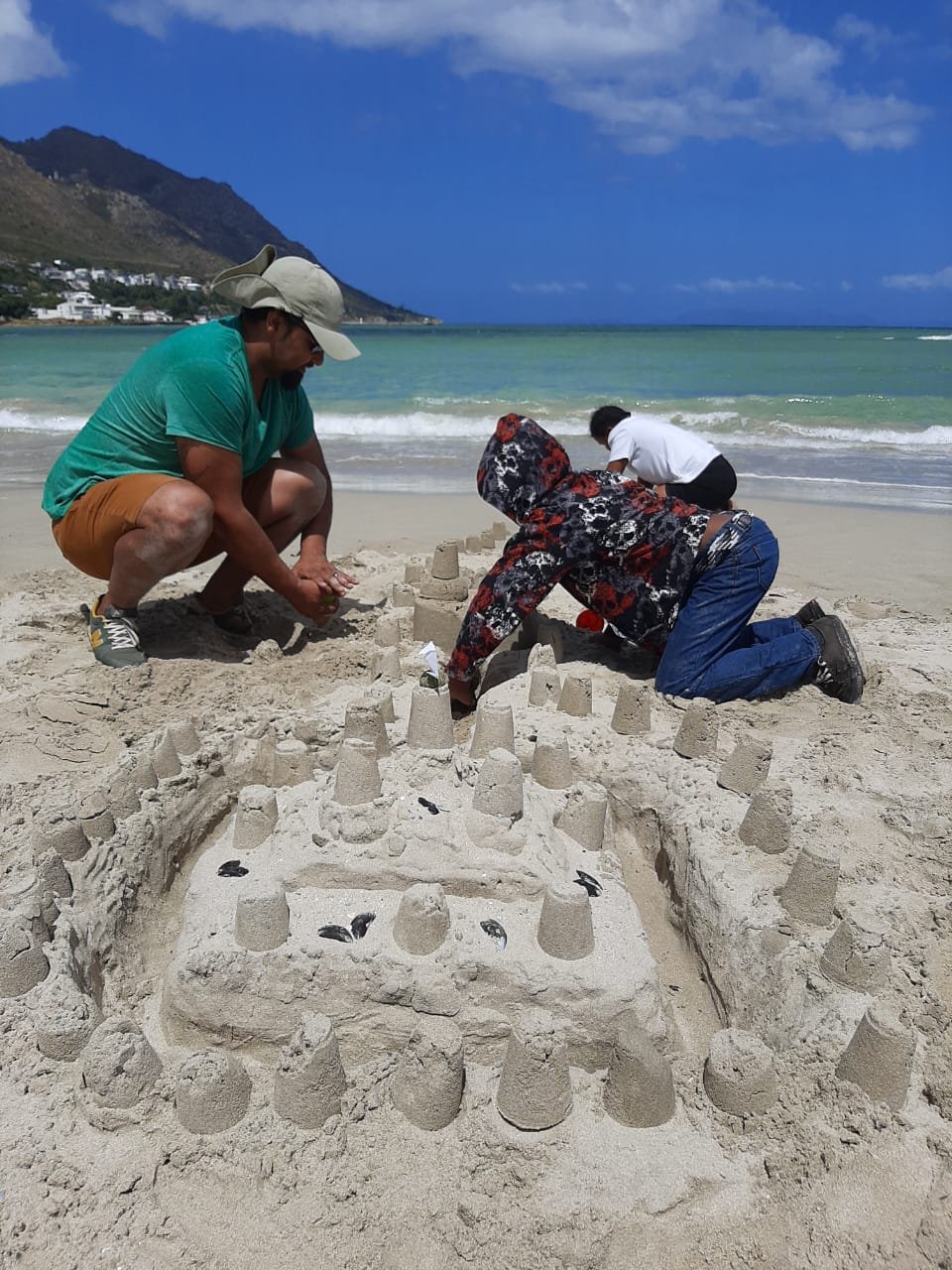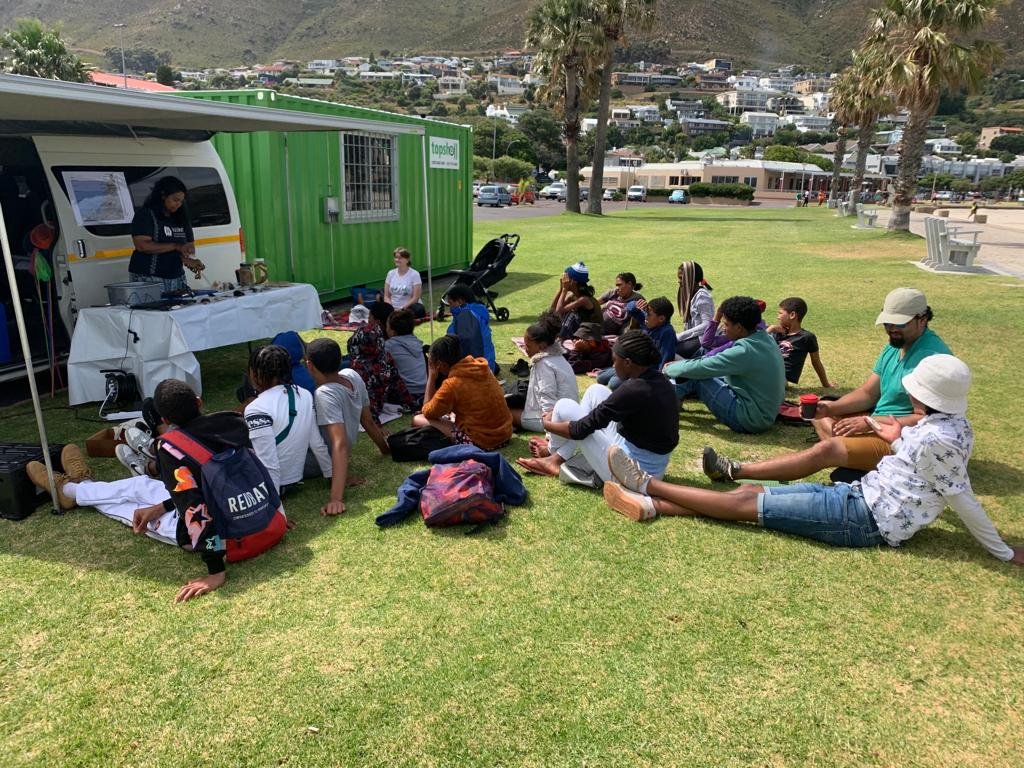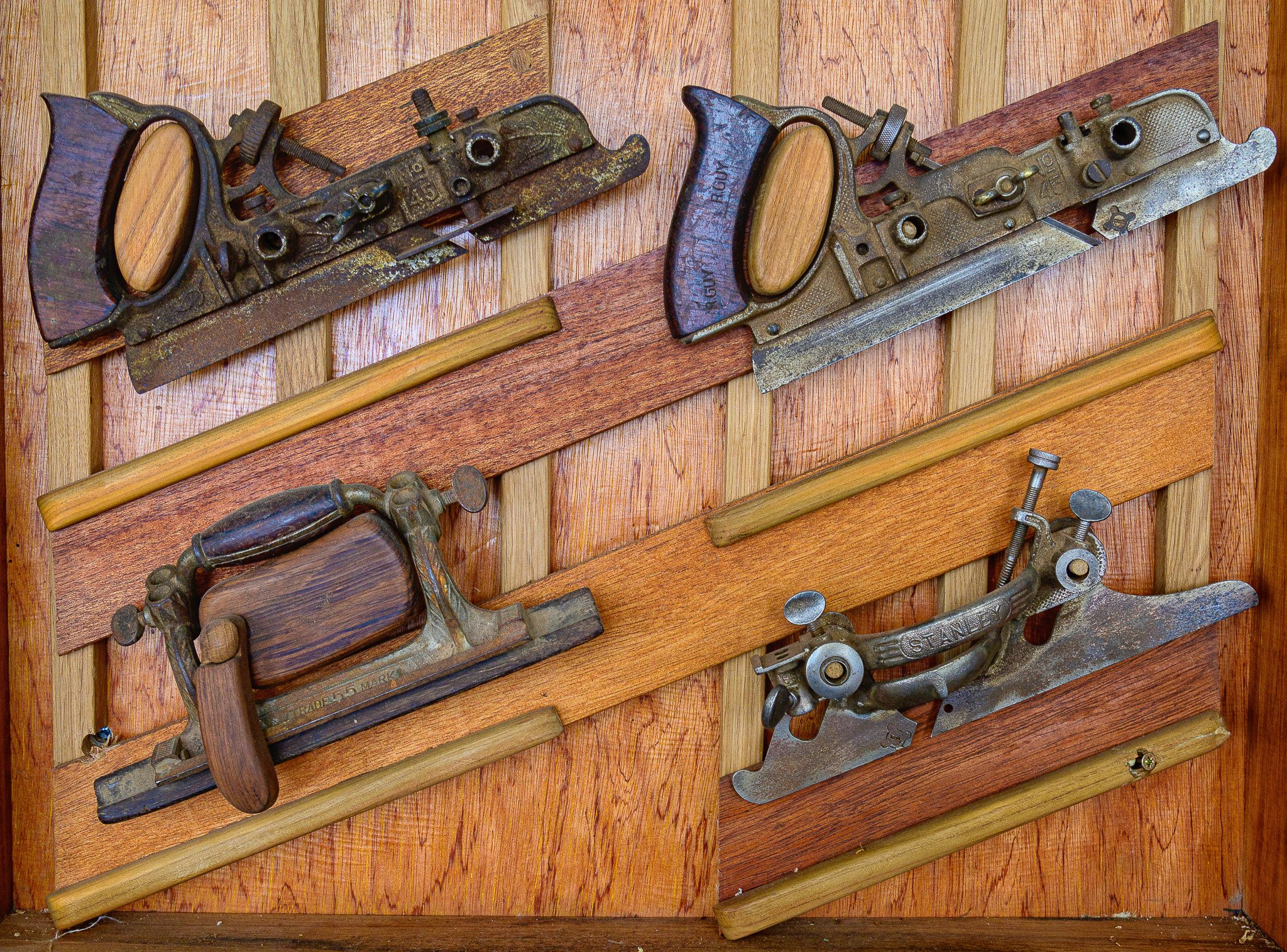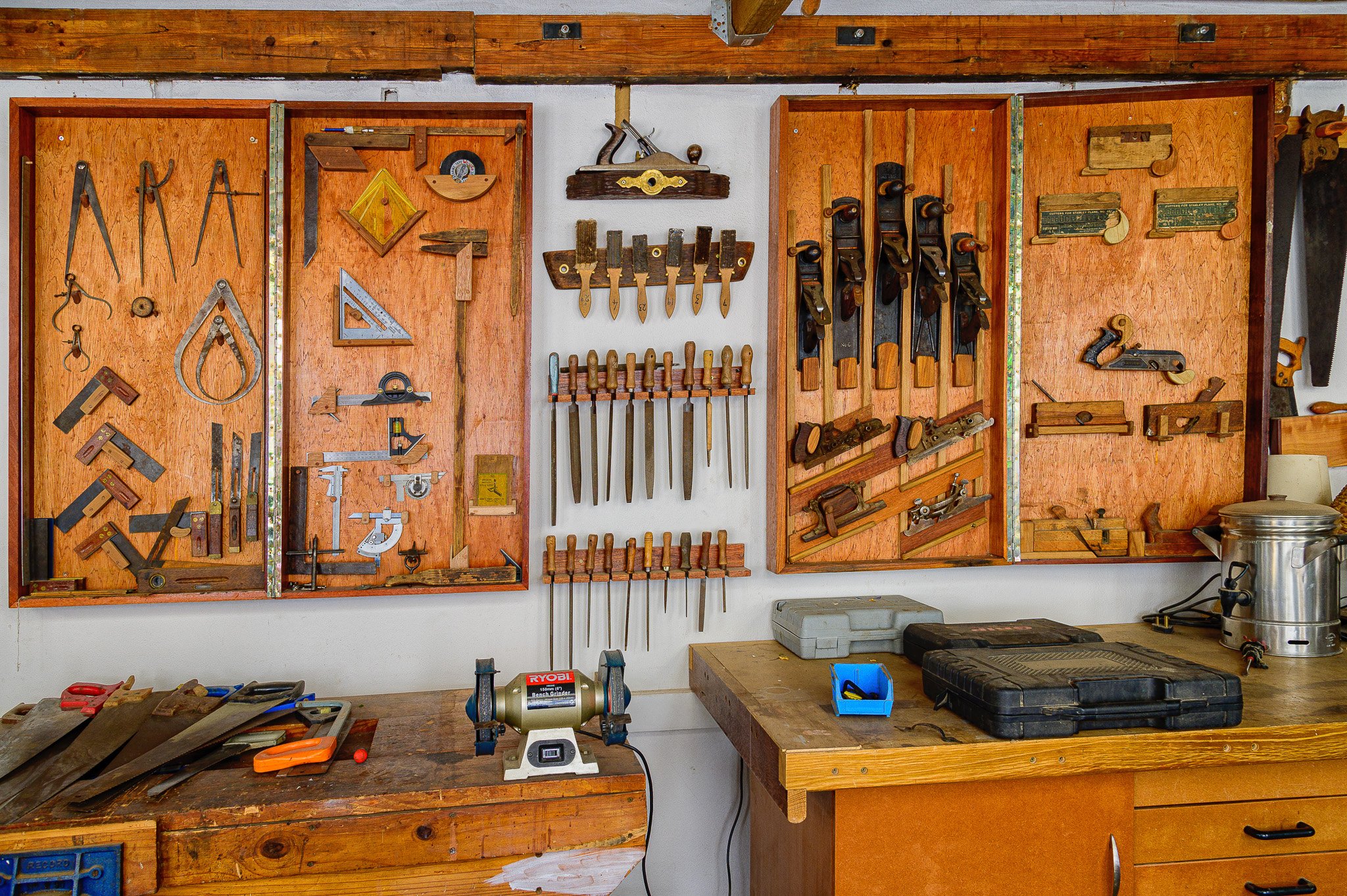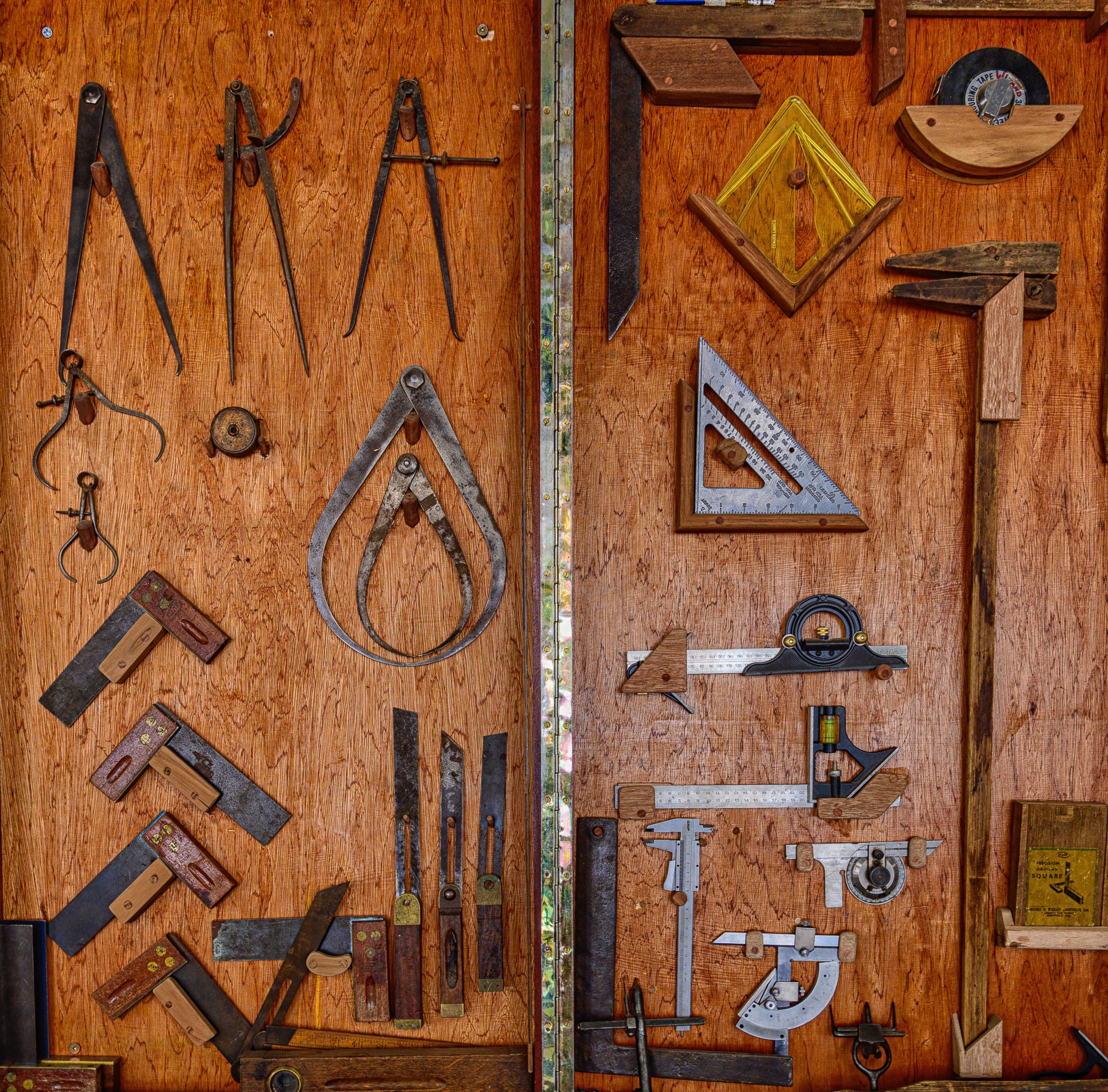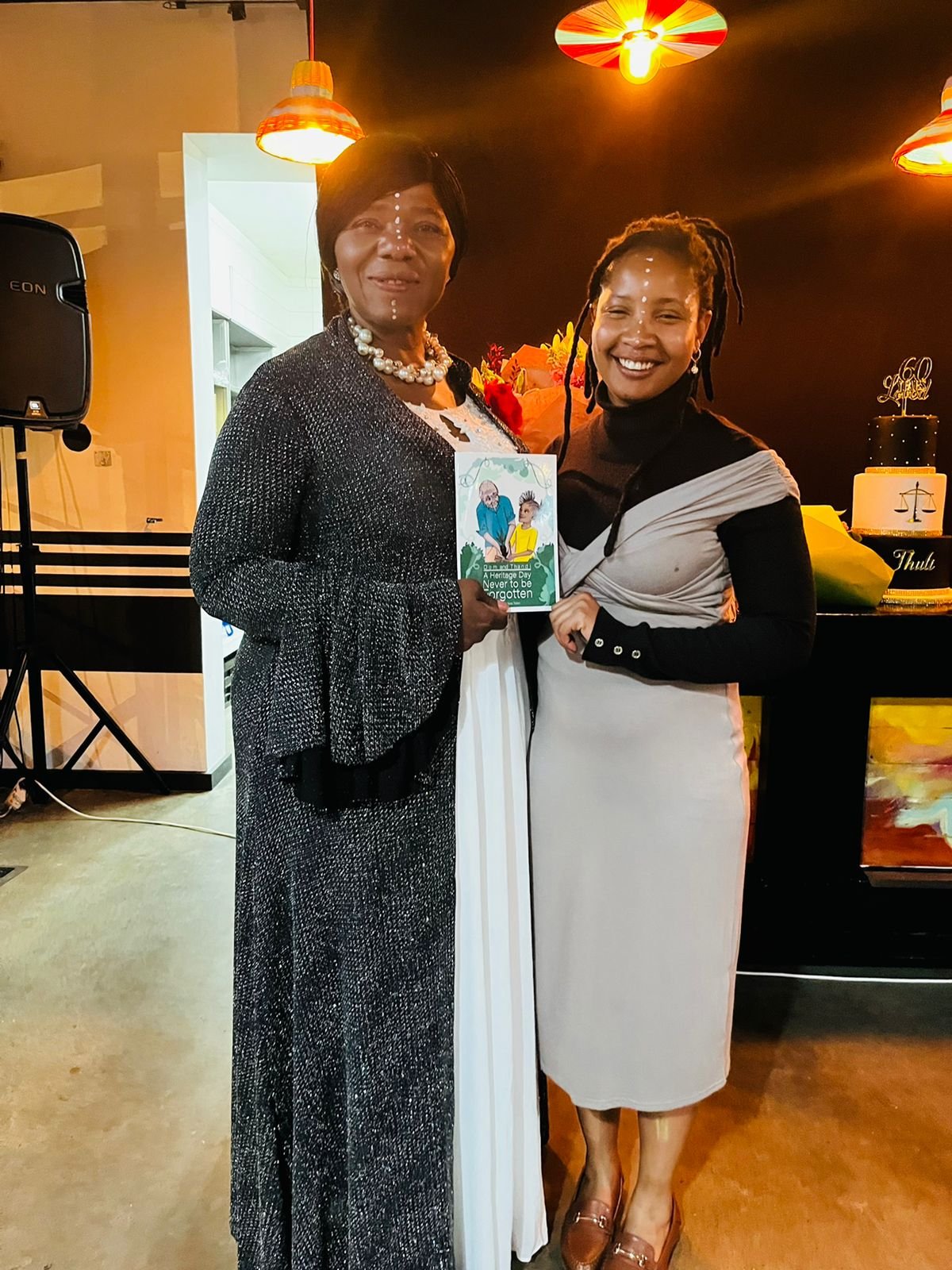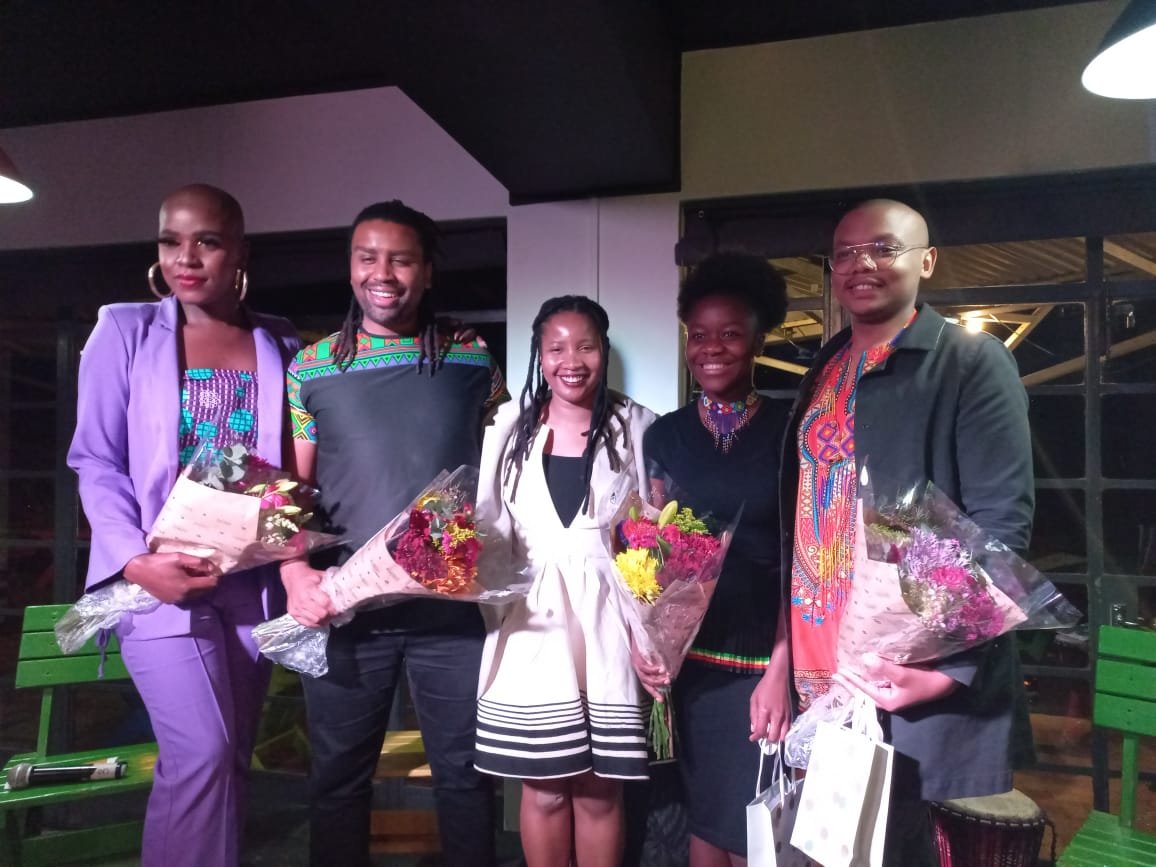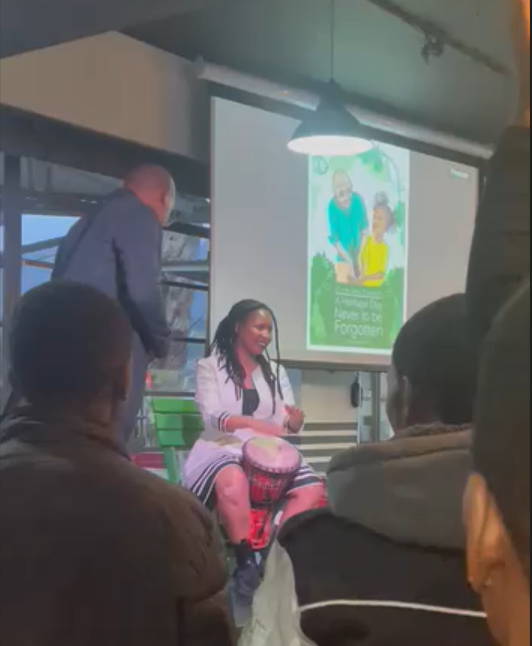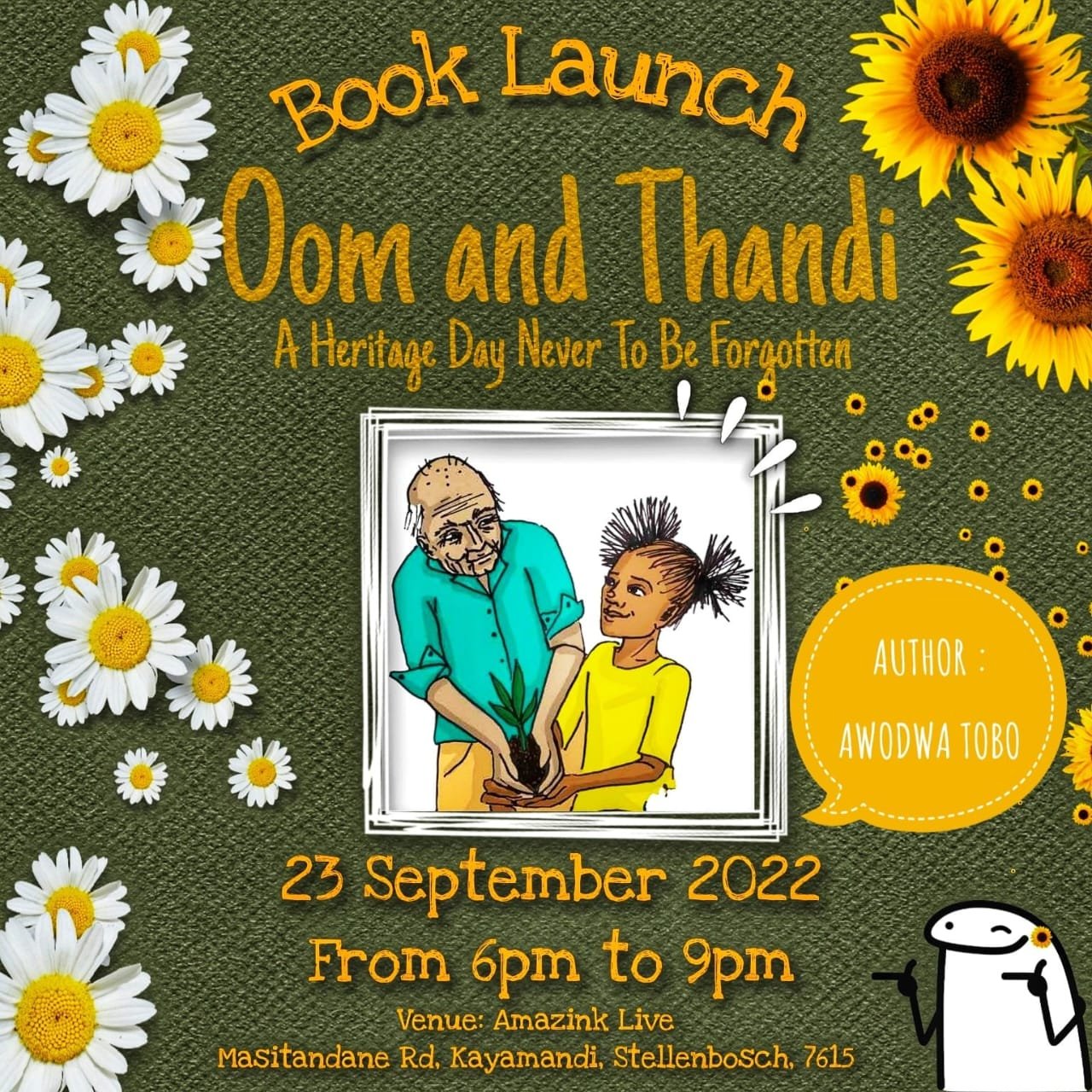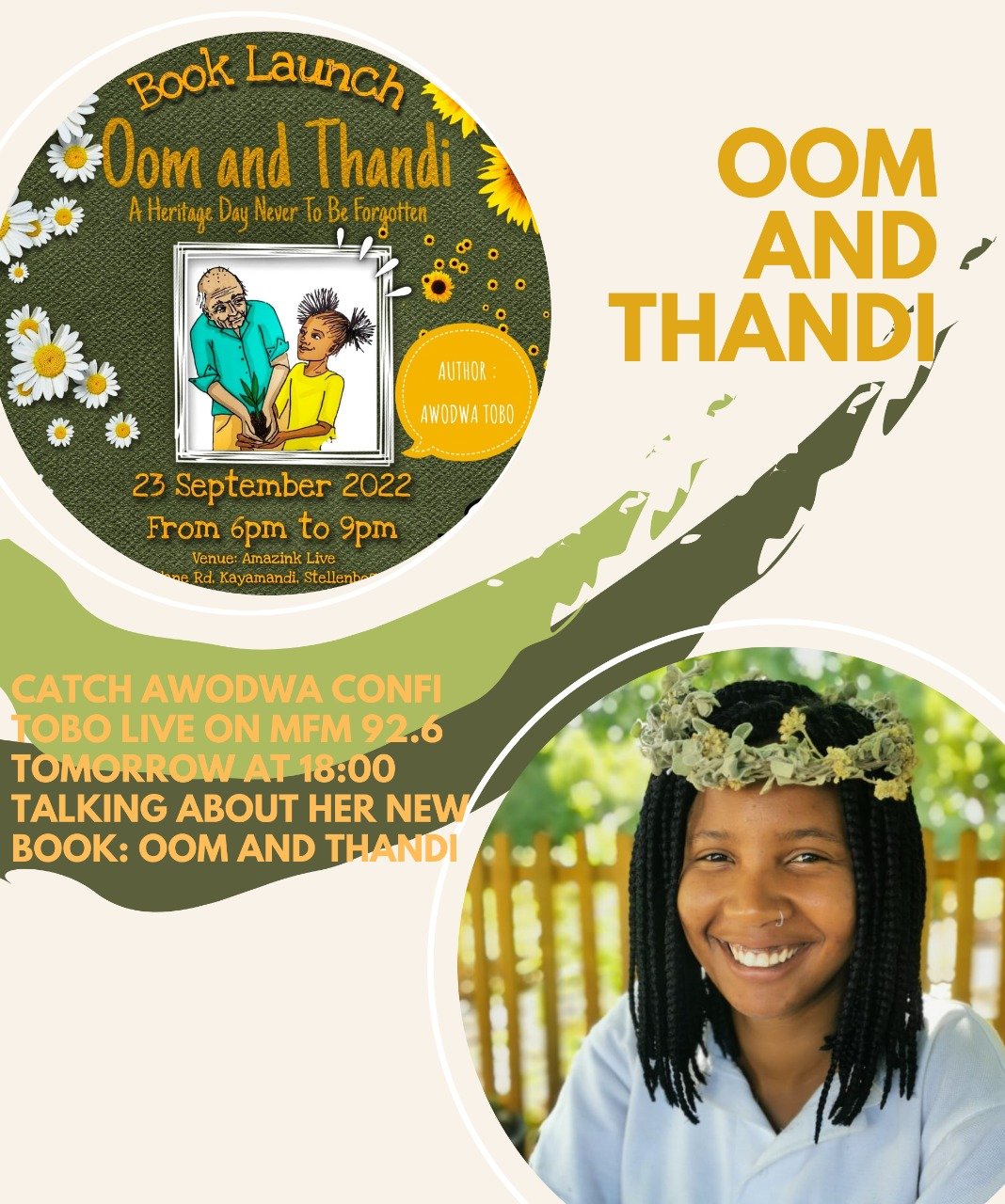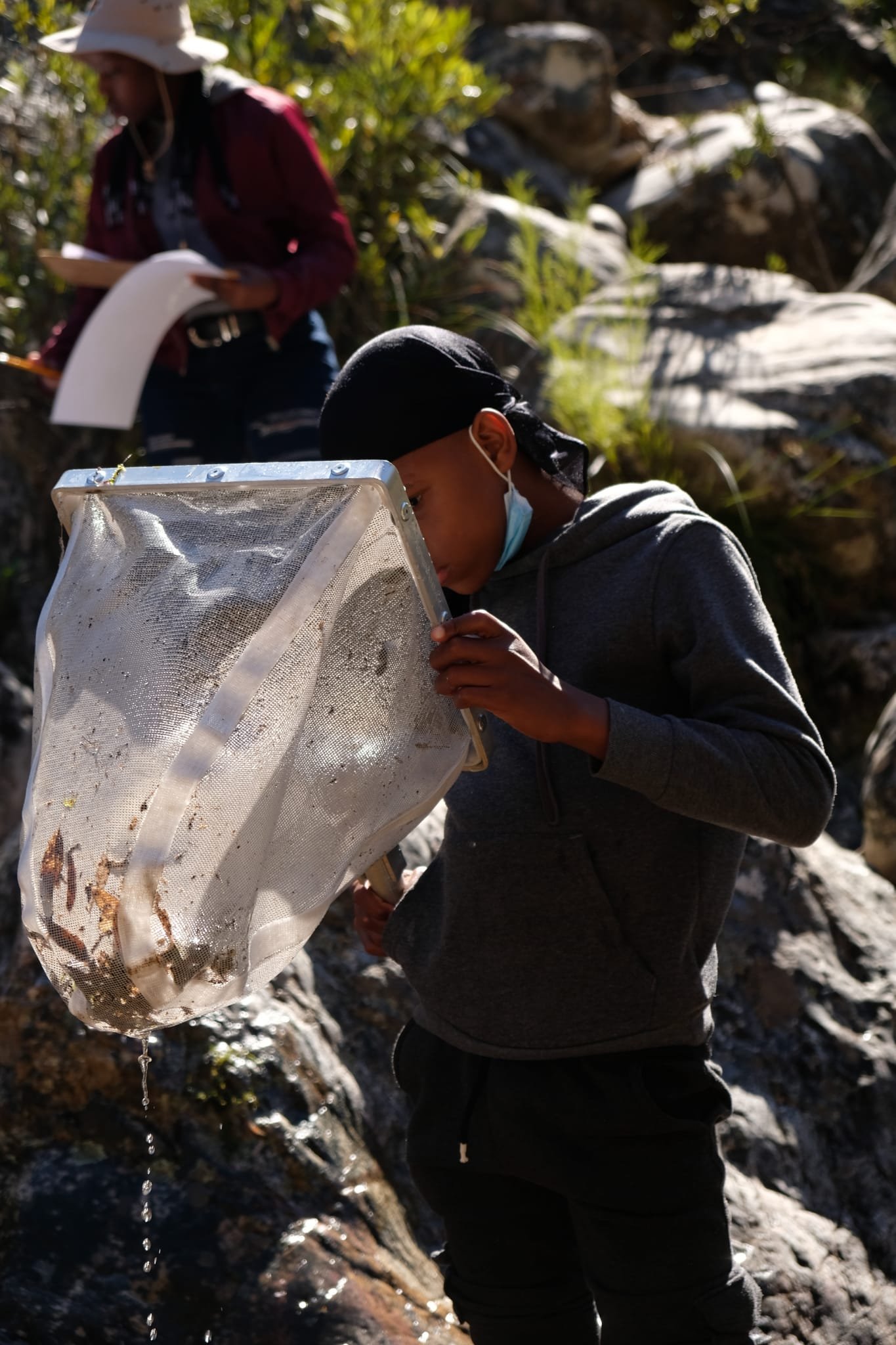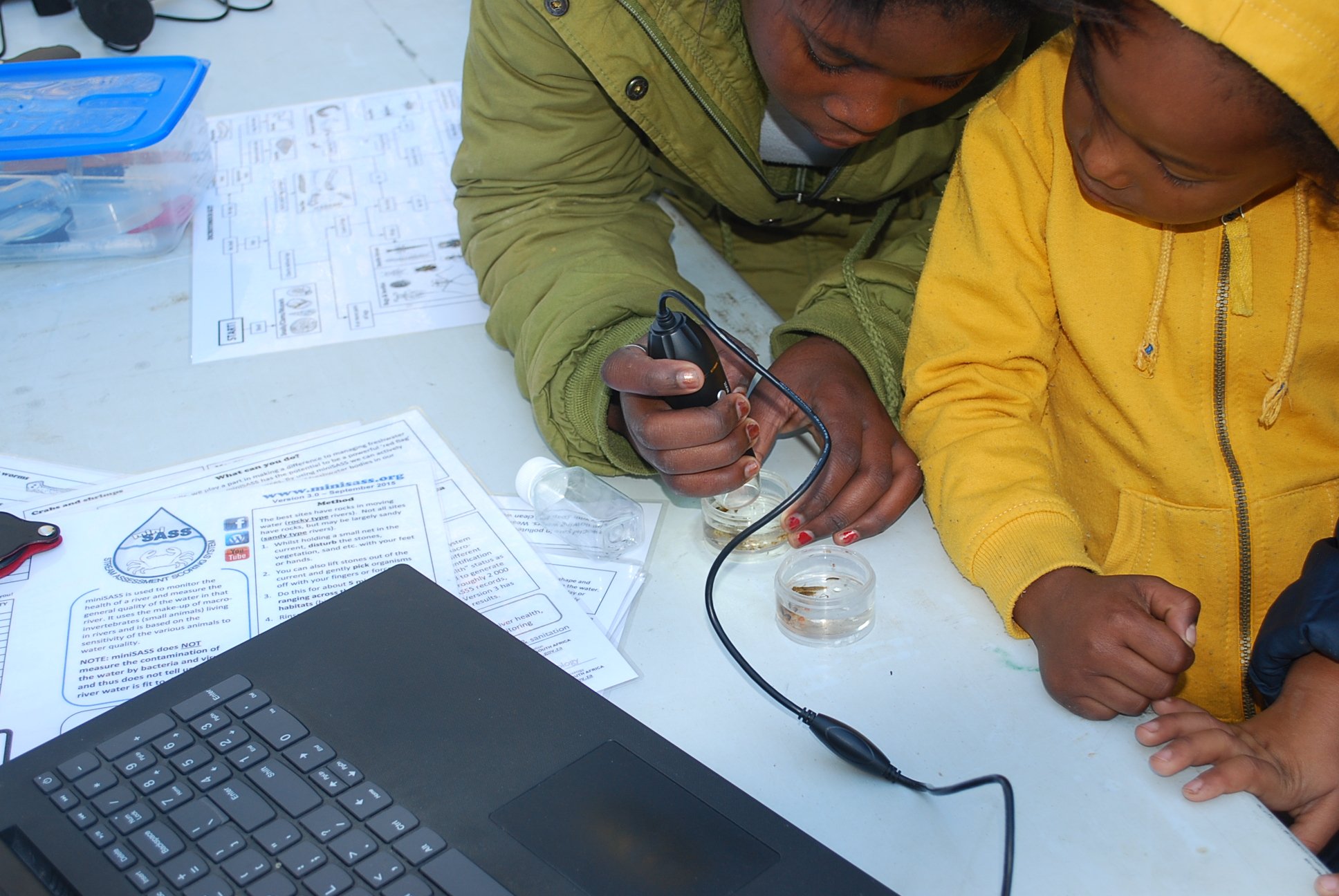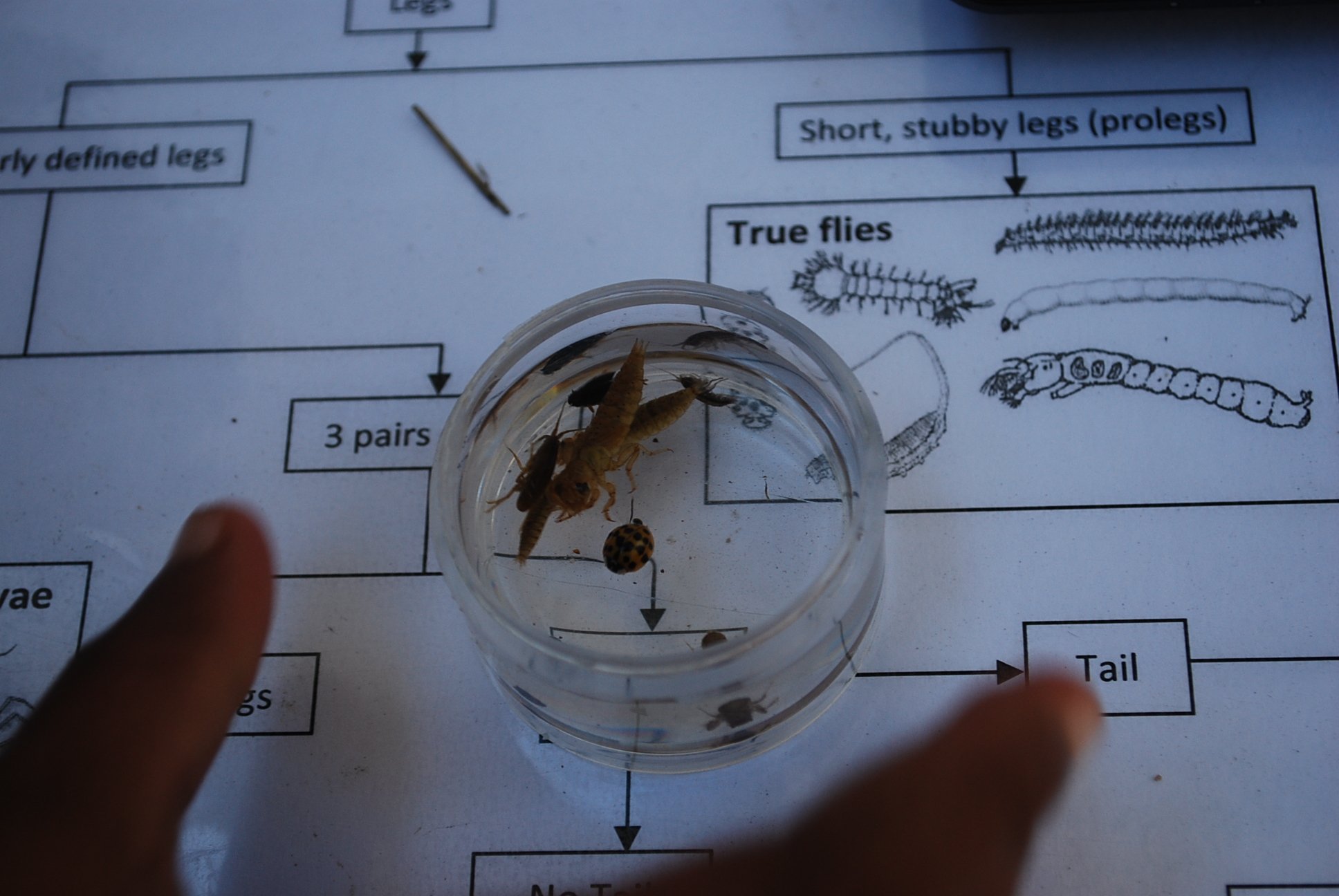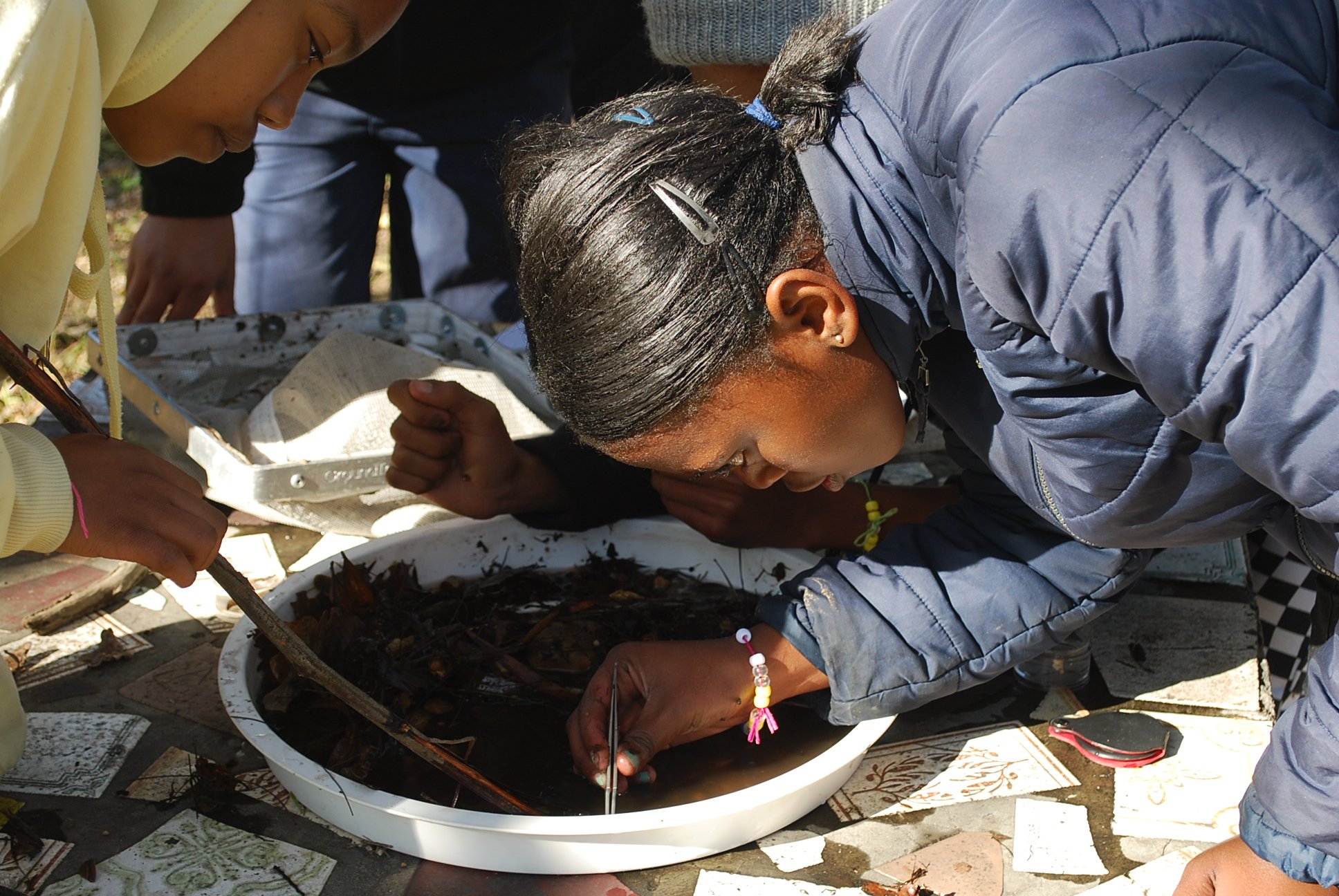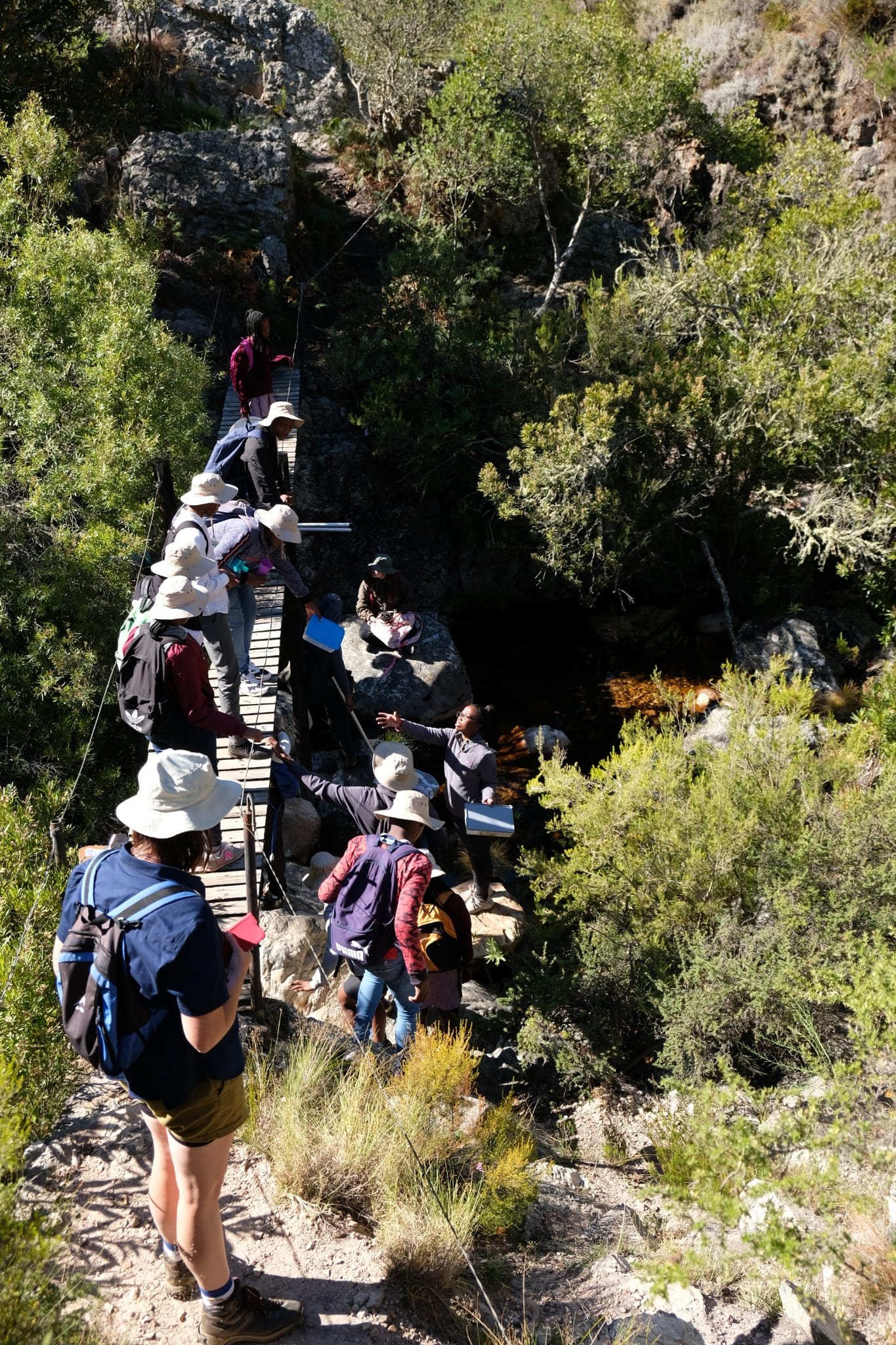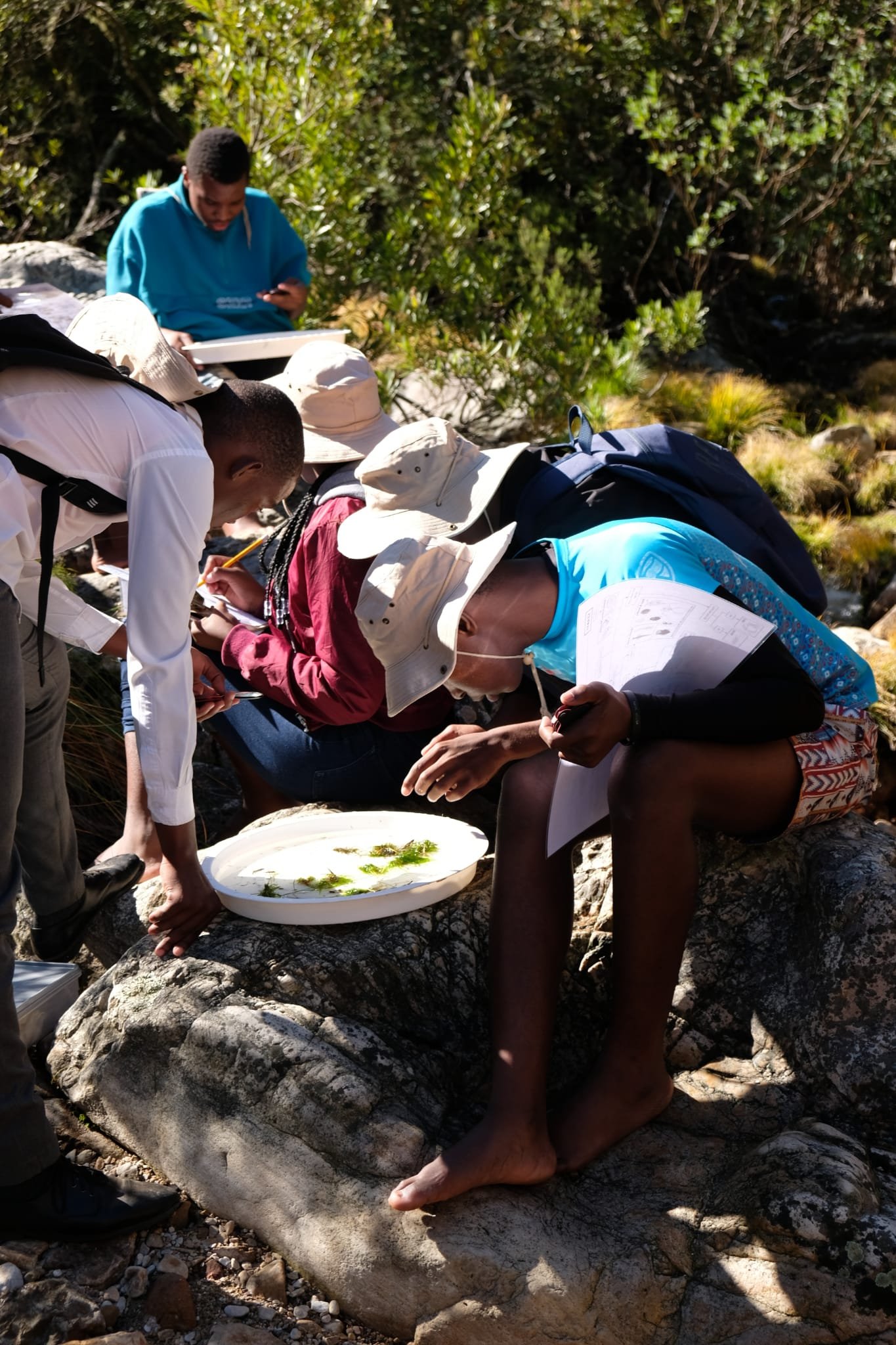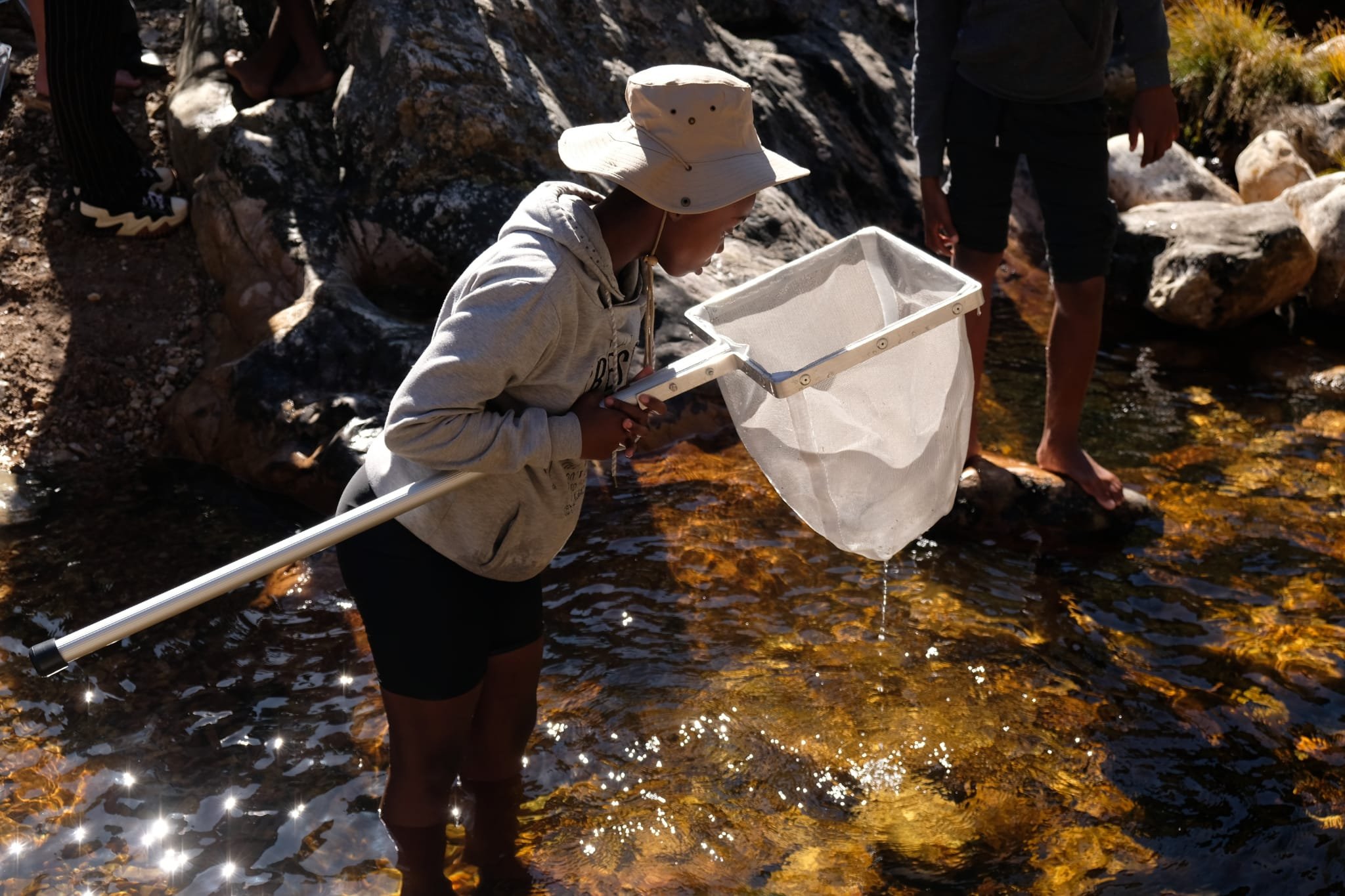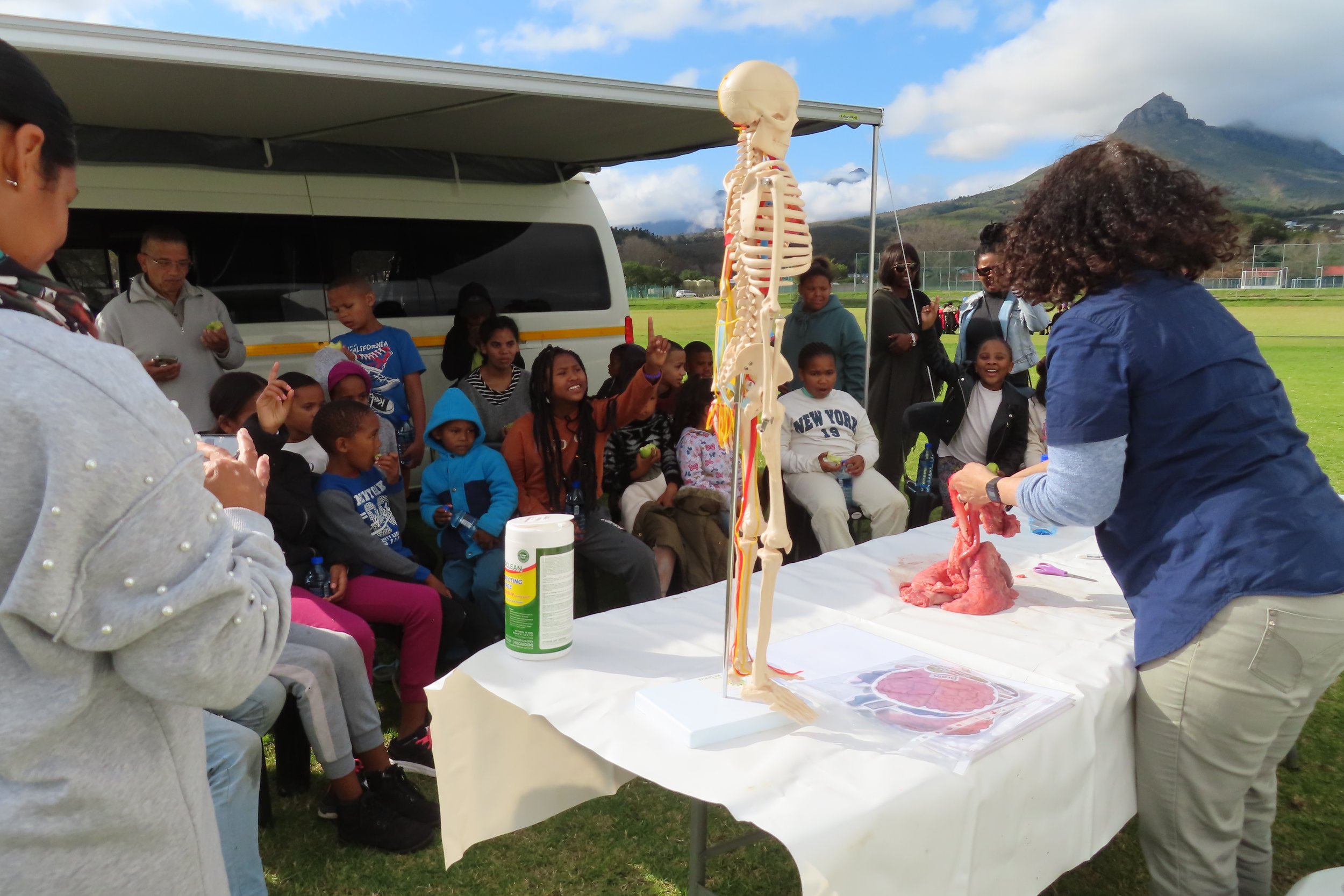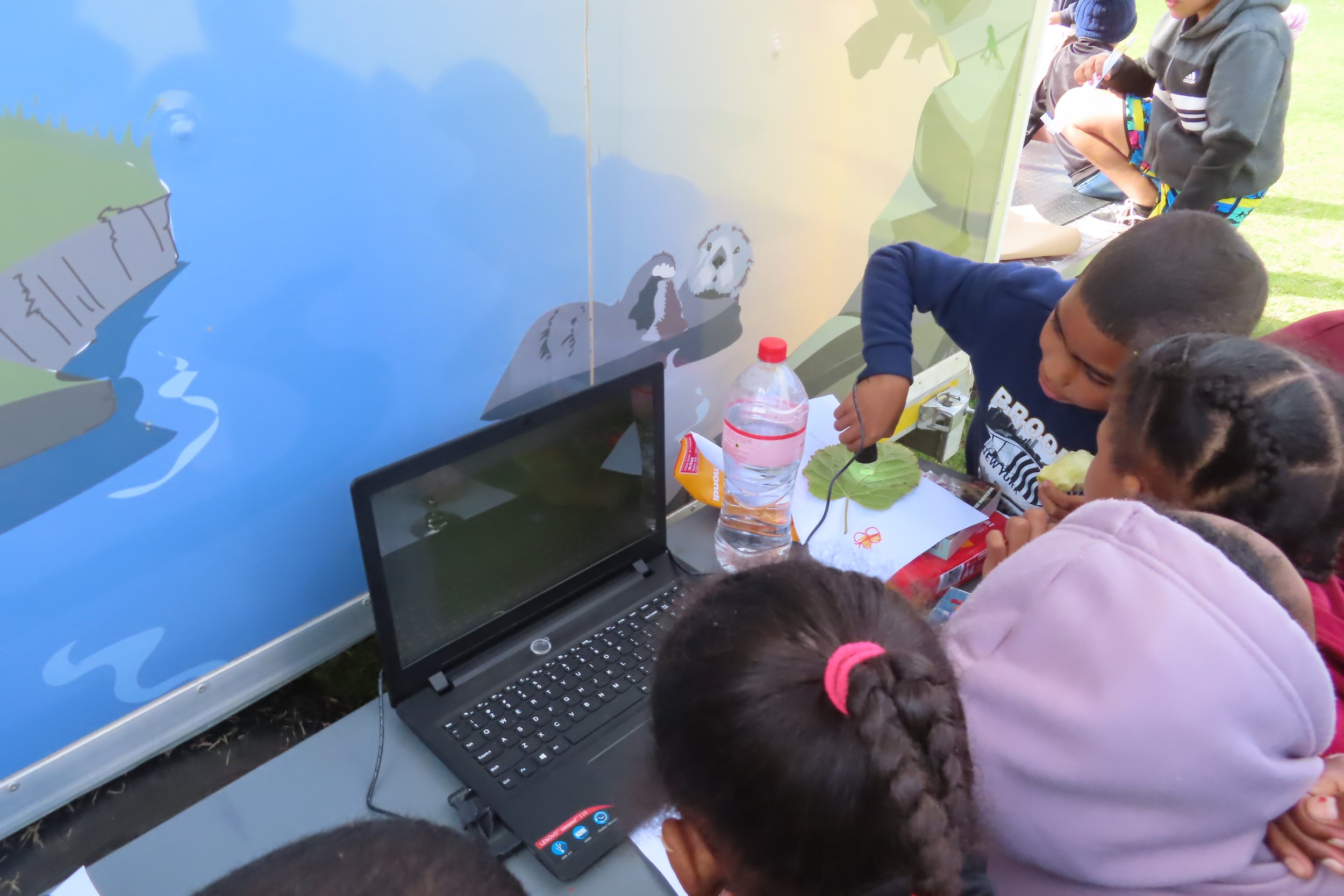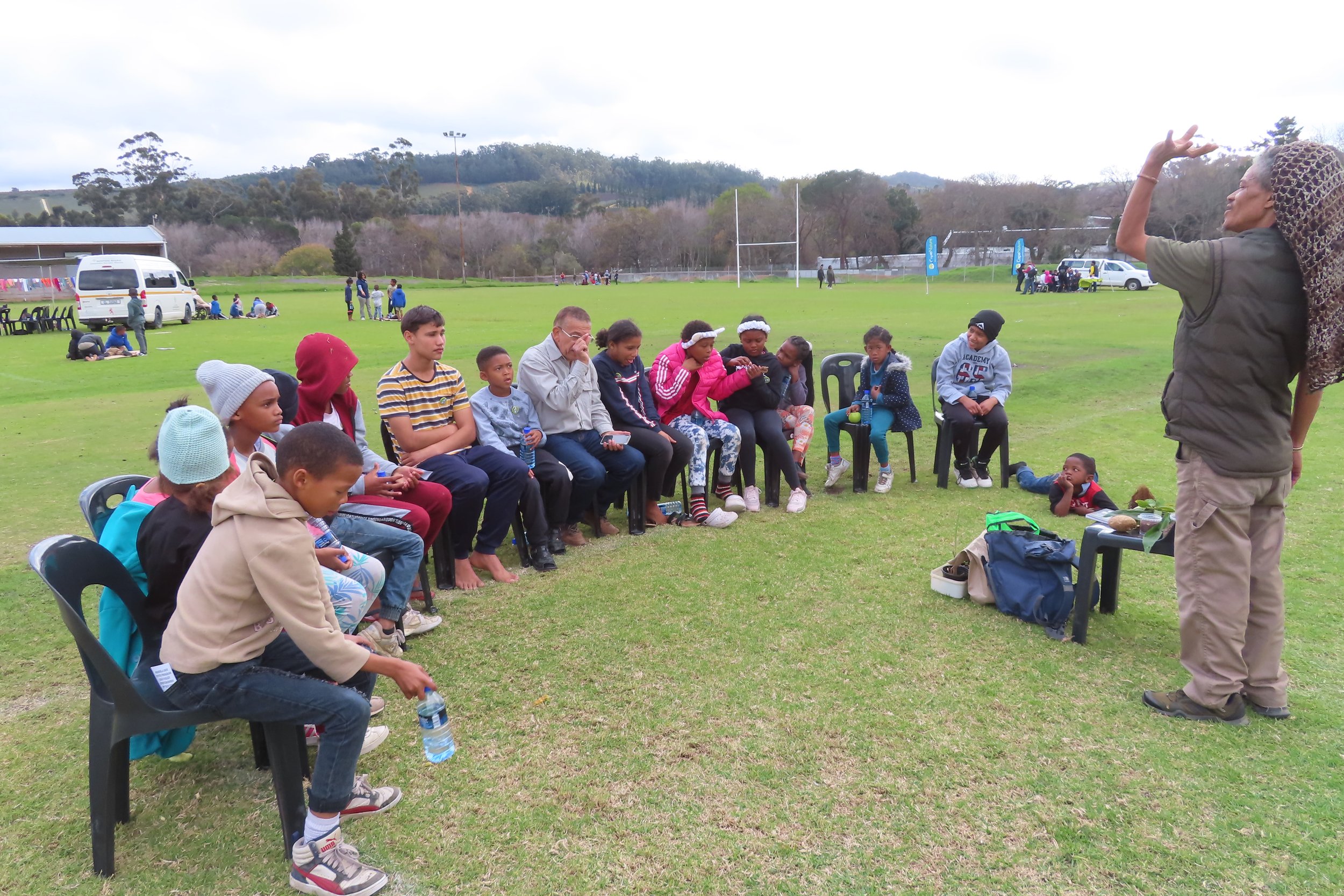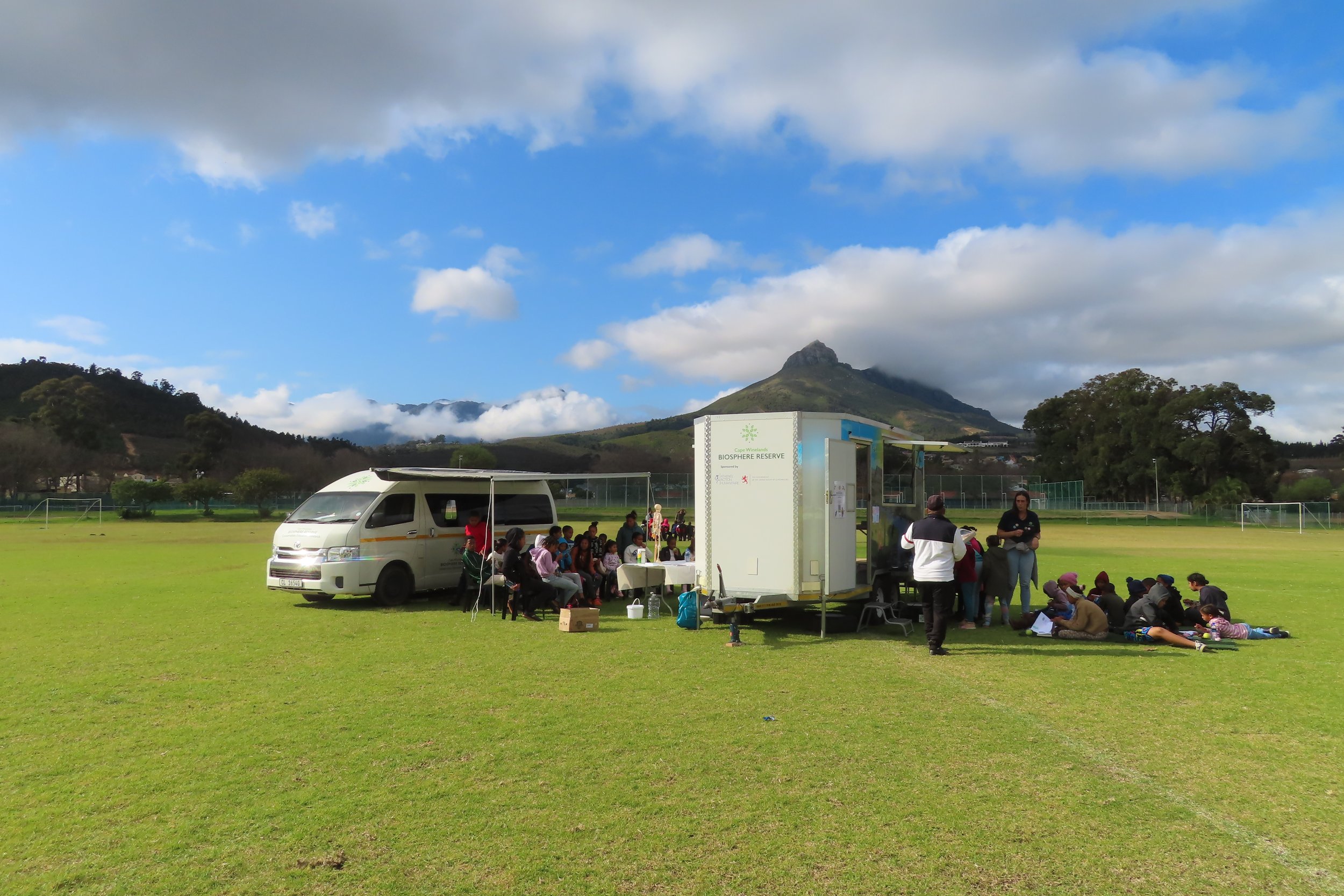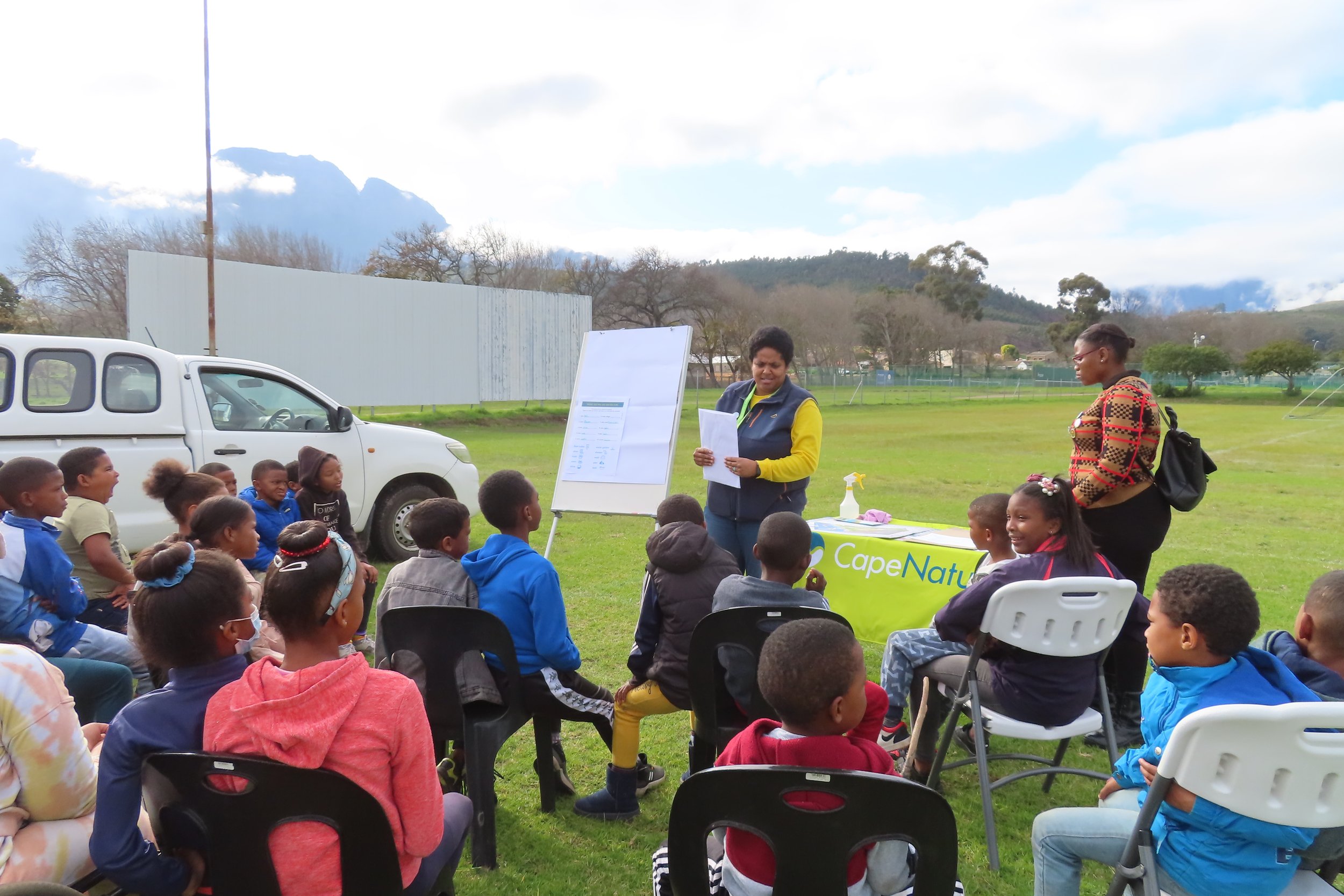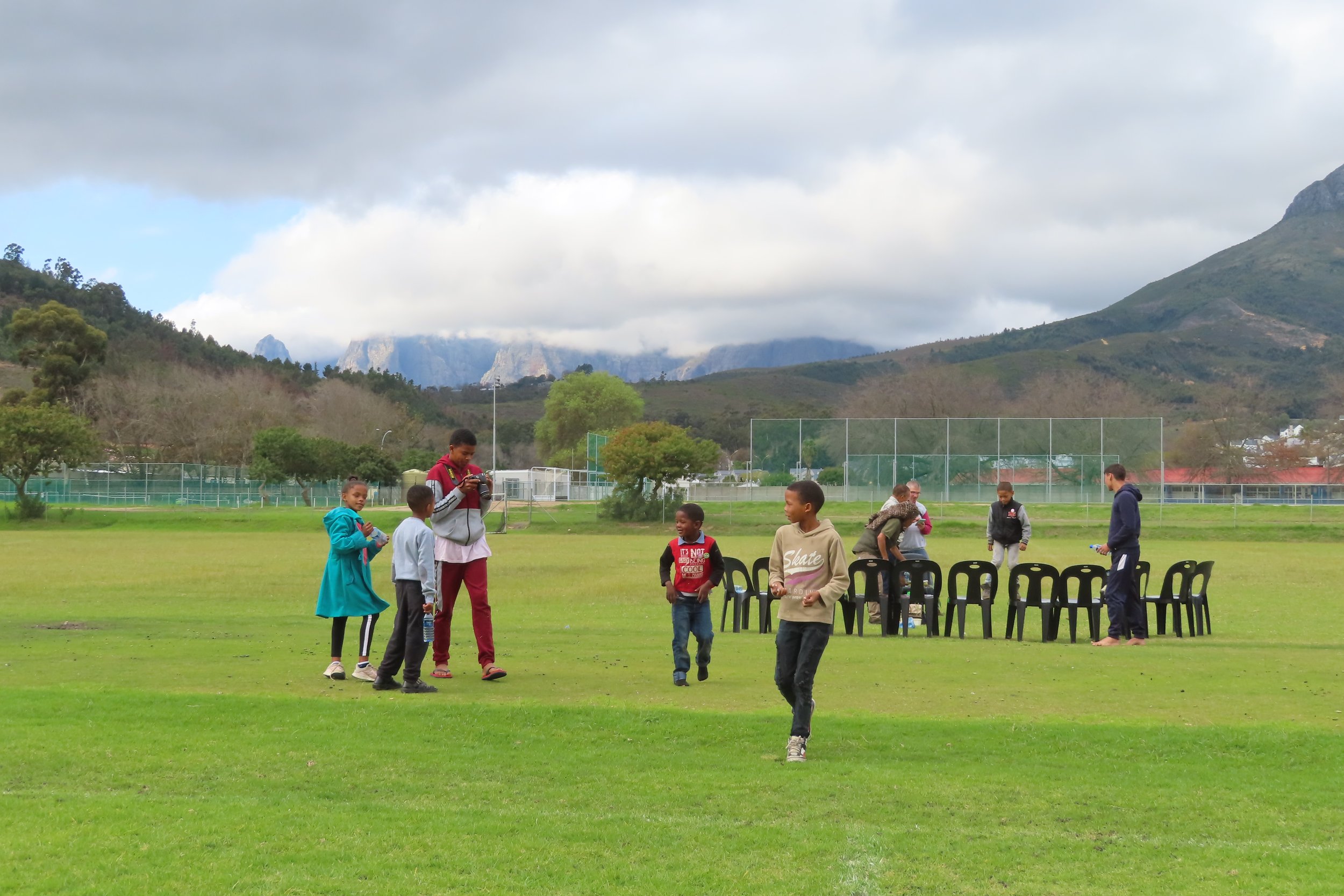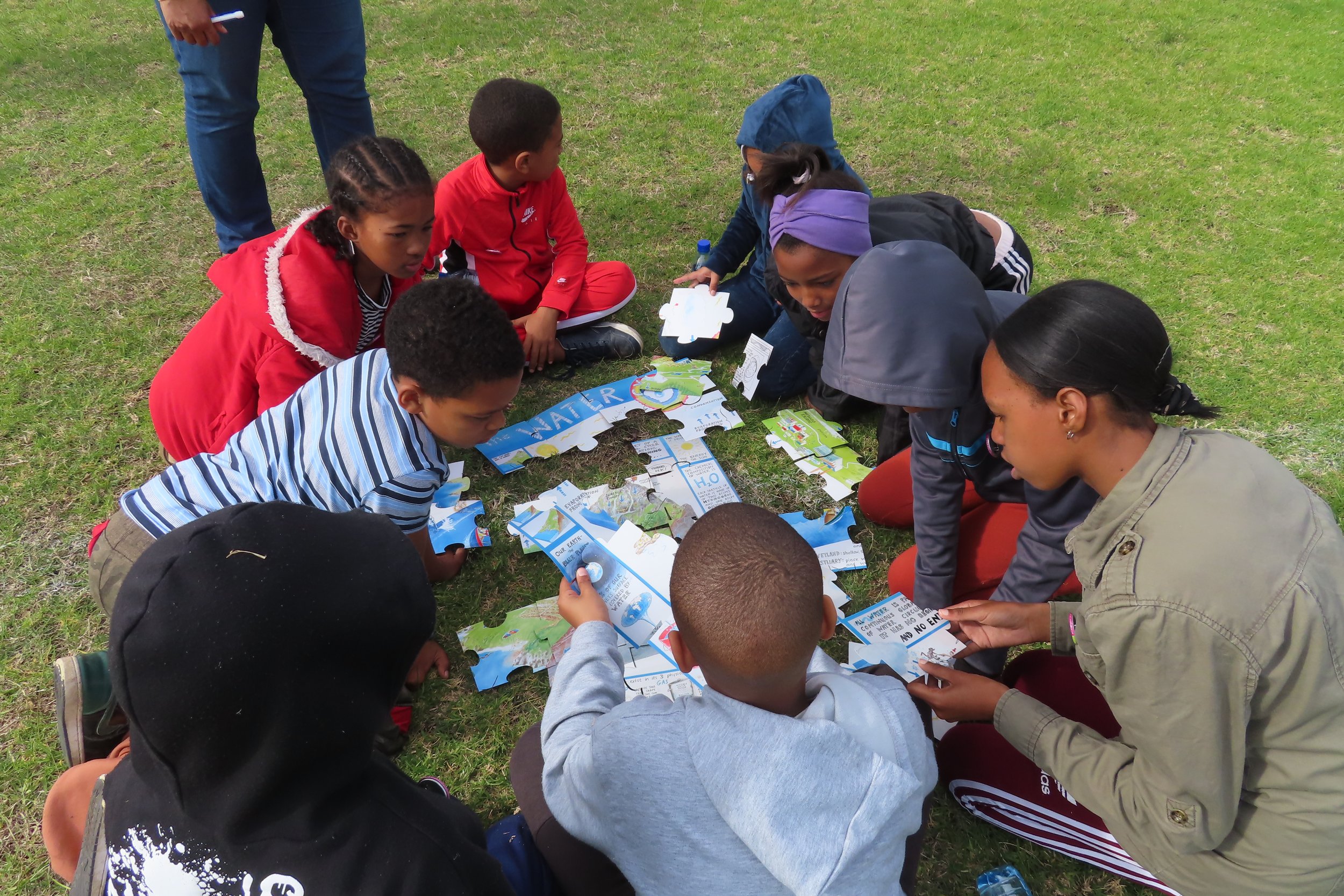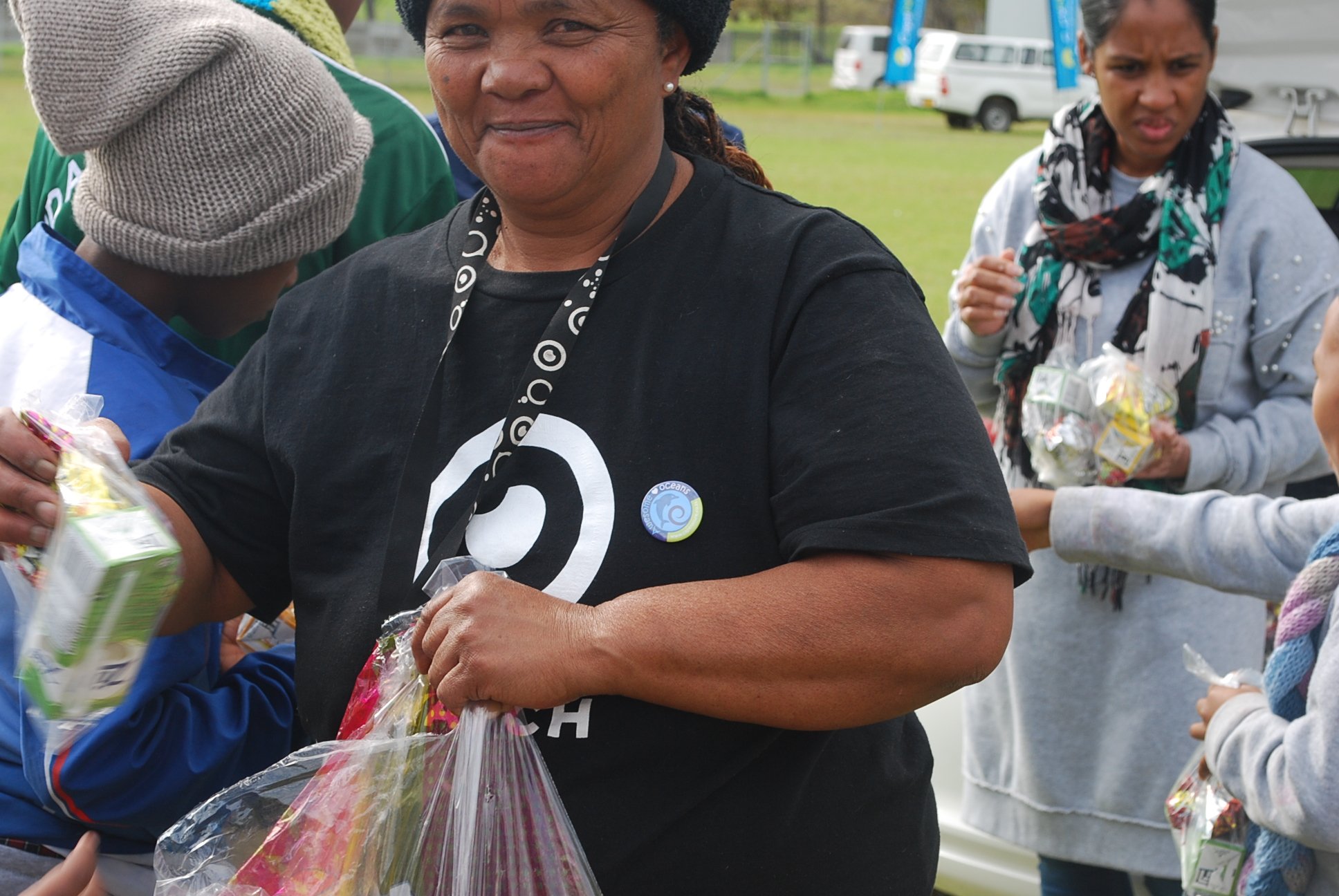The Cape Winelands Biosphere Reserve team has hosted its first two-day camp of 2023 in January, bringing together local youth from two different communities in Franschhoek. Just in time for starting school, the camp focused on helping them set positive intentional goals for the new year.
The first day started with spending time at the back of the Berg Dam. The youth were asked to close their eyes and listen to the silence surrounding them in the nature reserve – far away from the usual sounds that surrounds the everyday life in their community. They then explored the area and enjoyed a refreshing swim in the pristine river. Then a group activity - reflecting on what dreams they have for themselves and what they would like to achieve.
Spilt into four groups, each team read the Dream about Bees Life Goals Story, taking the group on a journey with girl their age who wants to become a beekeeper. The story had a personal touch, as it’s based on real life and created by one of our current interns, who wrote it specifically for the camp. The youth were encouraged to write down their own goals and dreams, and for those who felt comfortable, to share what they wrote with the group. Together, they looked first at the bigger picture, then breaking it down to yearly goals and planning, that can then lead to daily actions.
The evening pursued with a reflection session about first impressions of the camp and fun games, integrating youth from two communities who usually do not get along.
The following day they were tasked with creating individualized books for themselves to keep with them as reminders for their goals and dreams they want to accomplish. The group particularly enjoyed this activity, working together, and helped each other create the books.
In the last reflecting session, before returning home, the participants were asked to choose a person and share what they have learned from them. The group who initially did not get along, could share and appreciate each other at the end of the camp.









